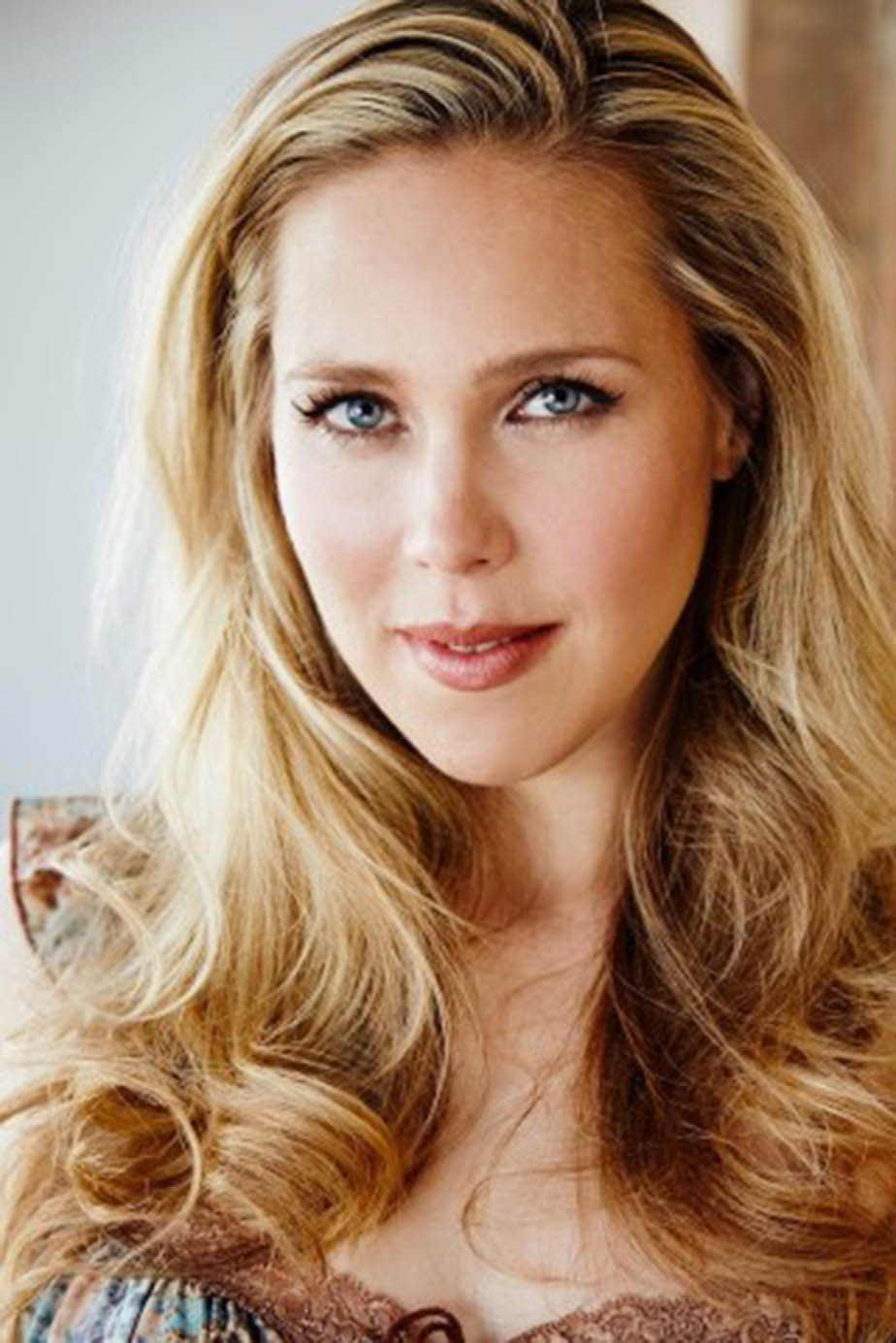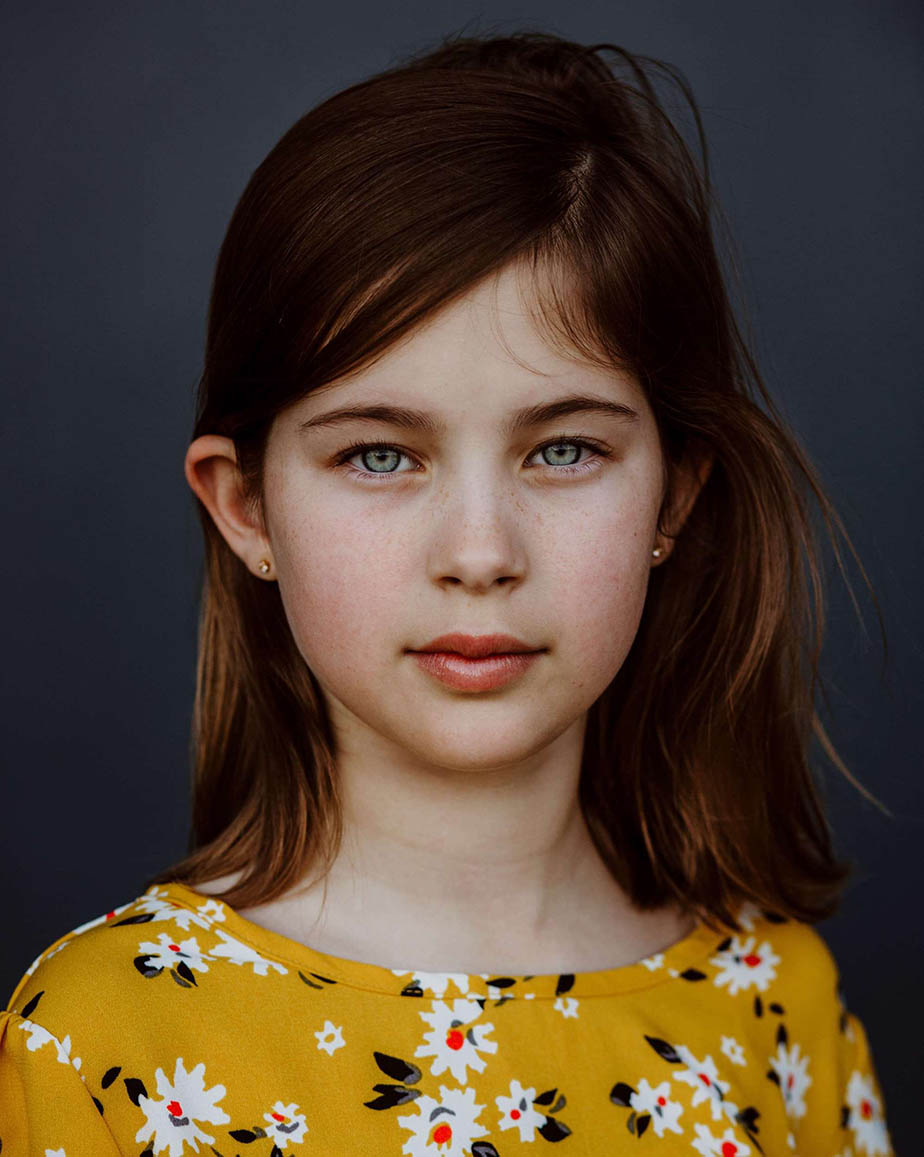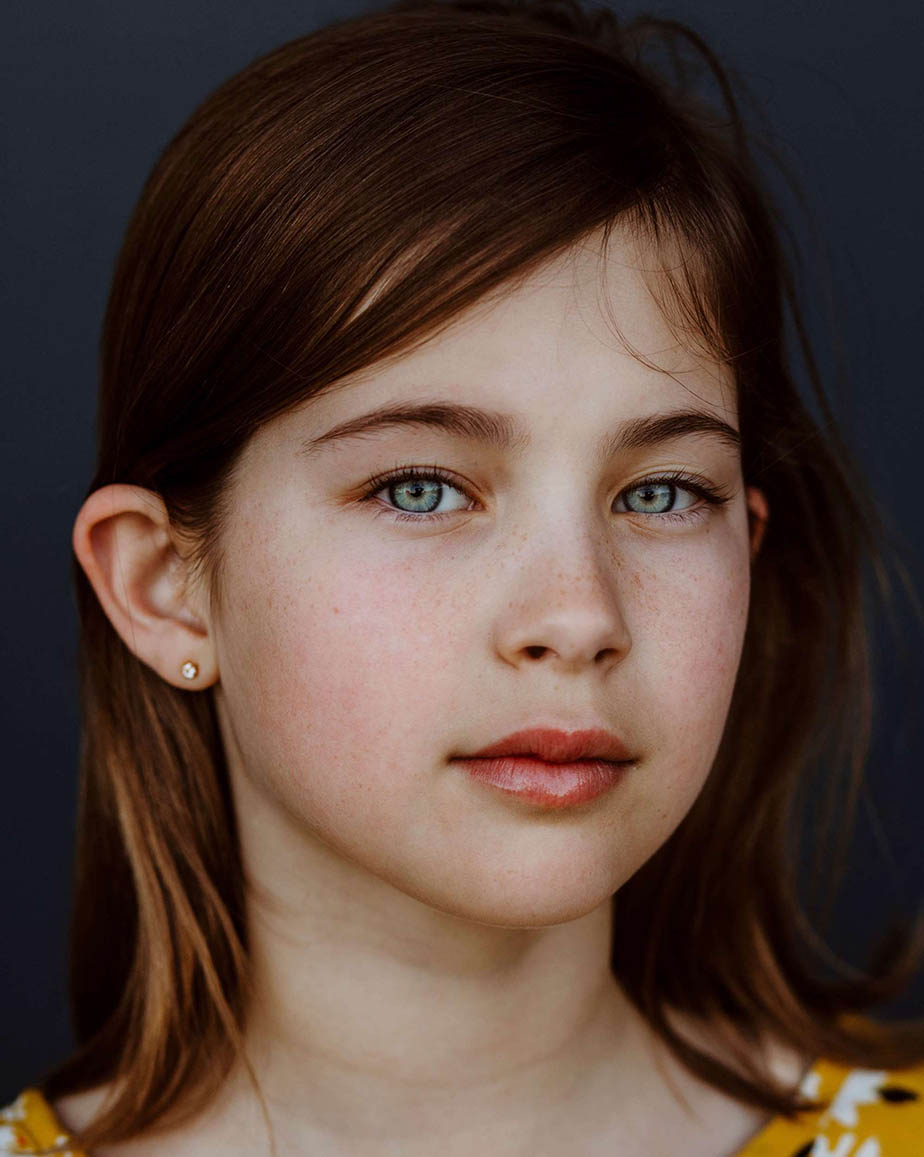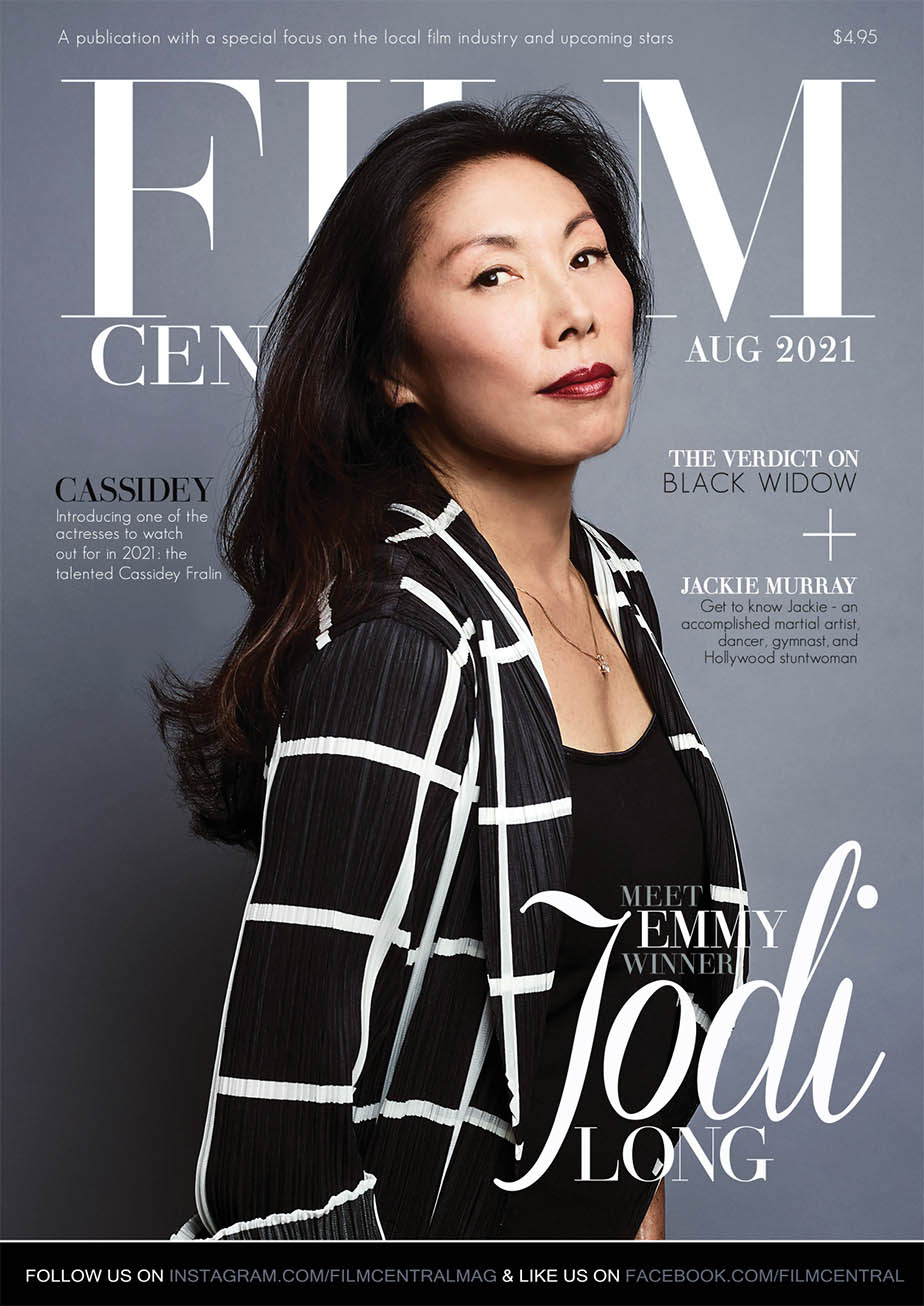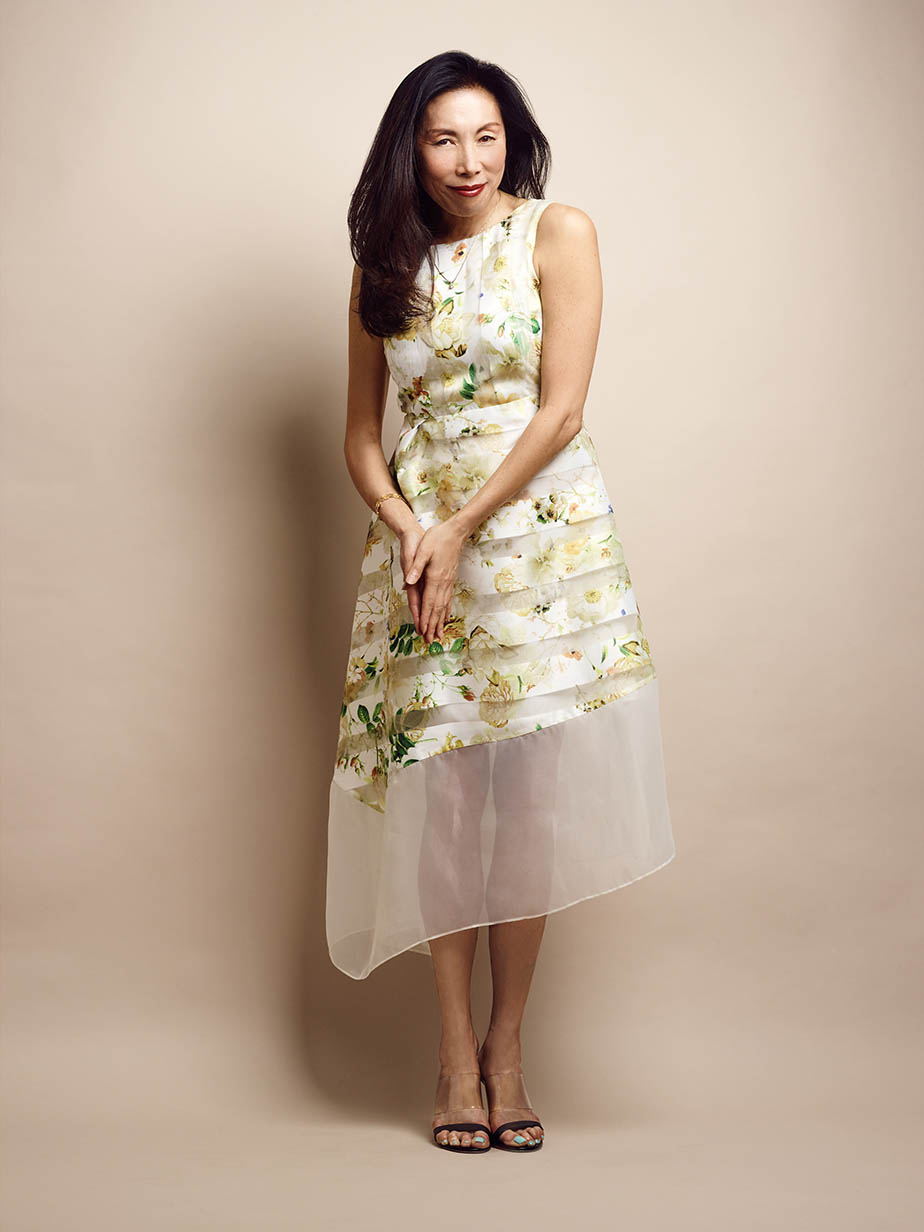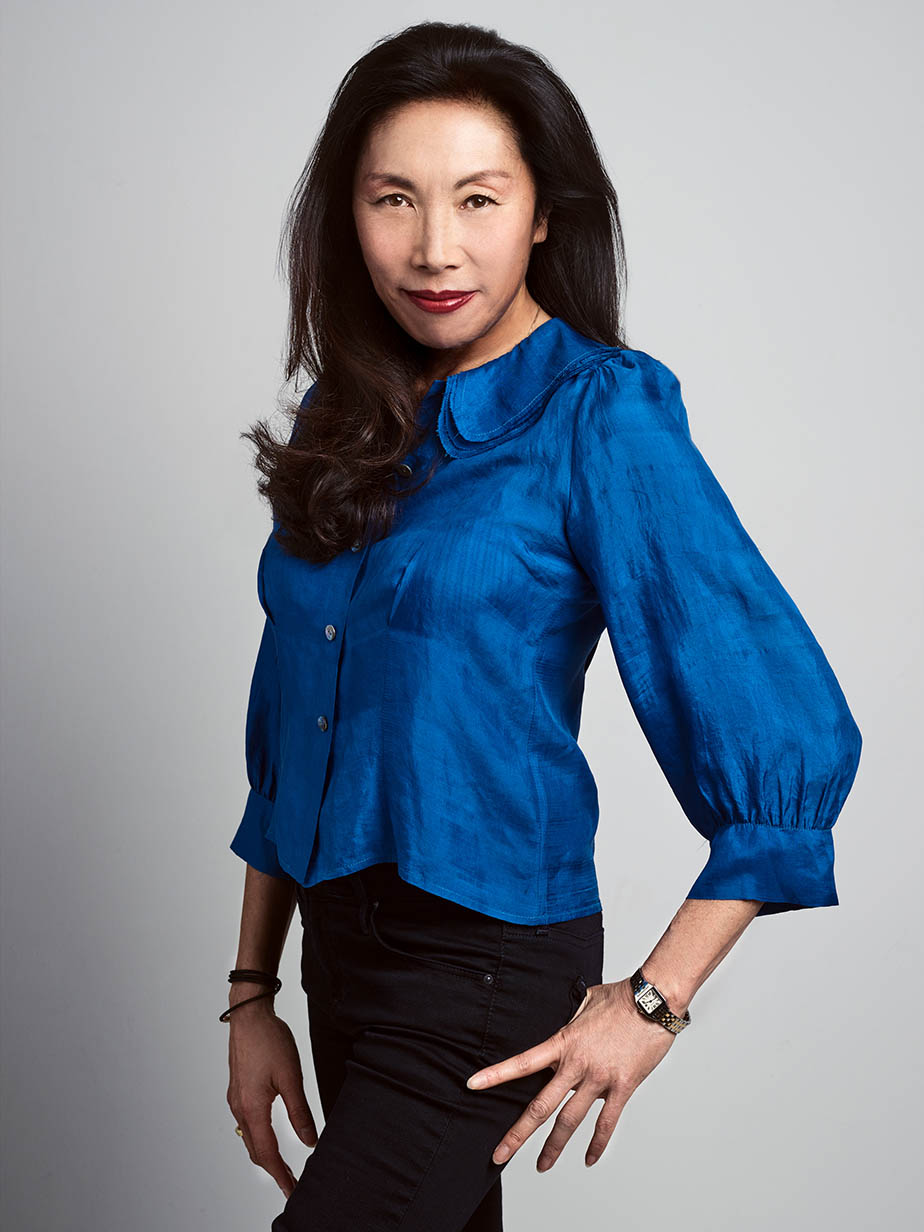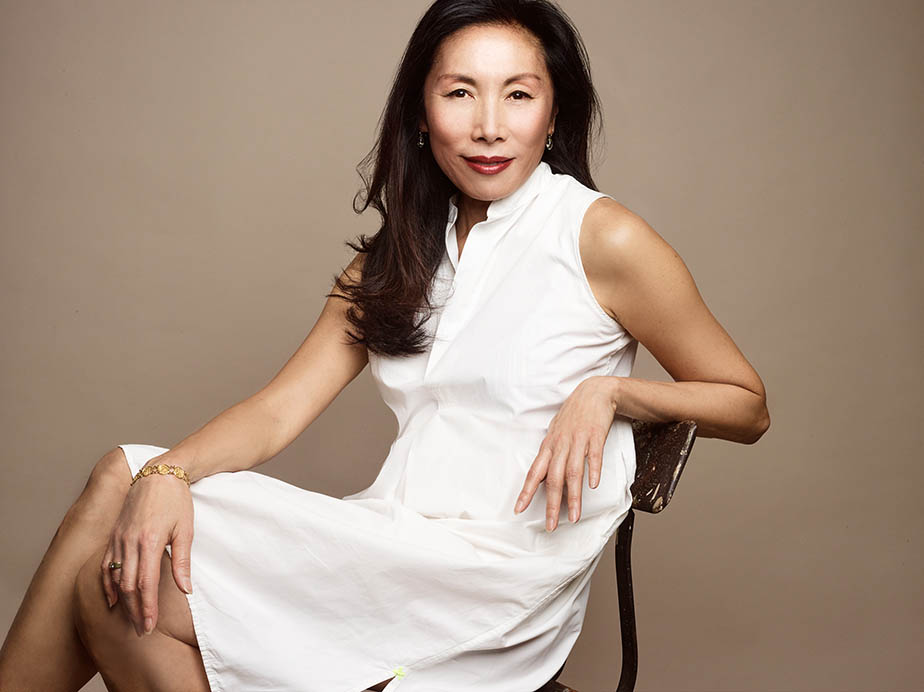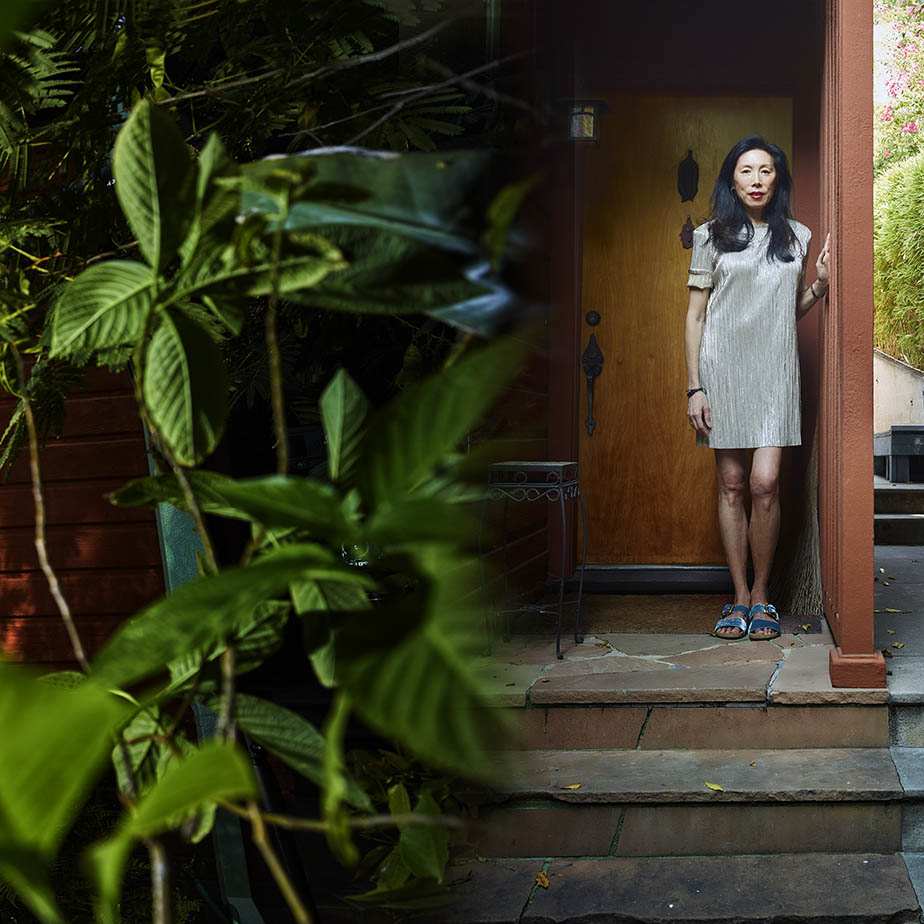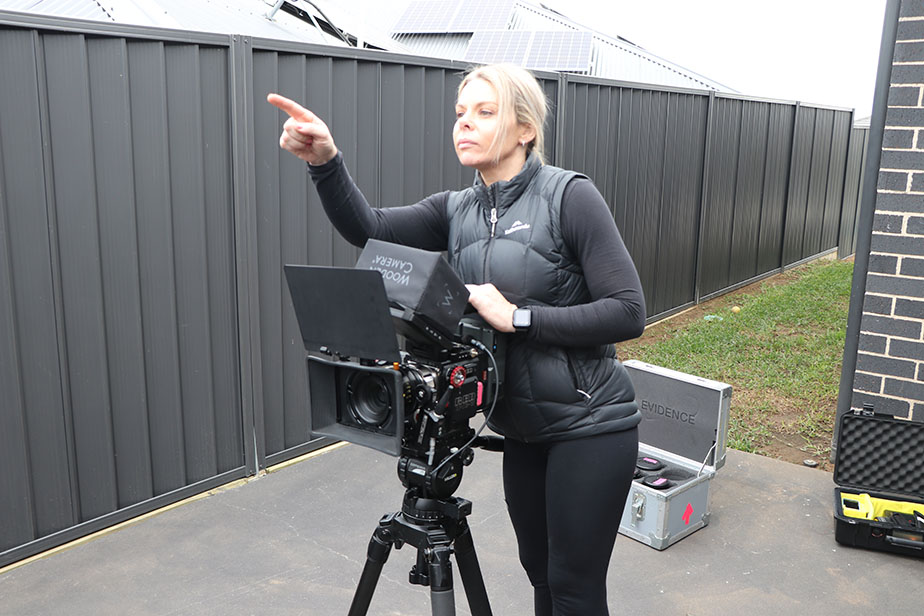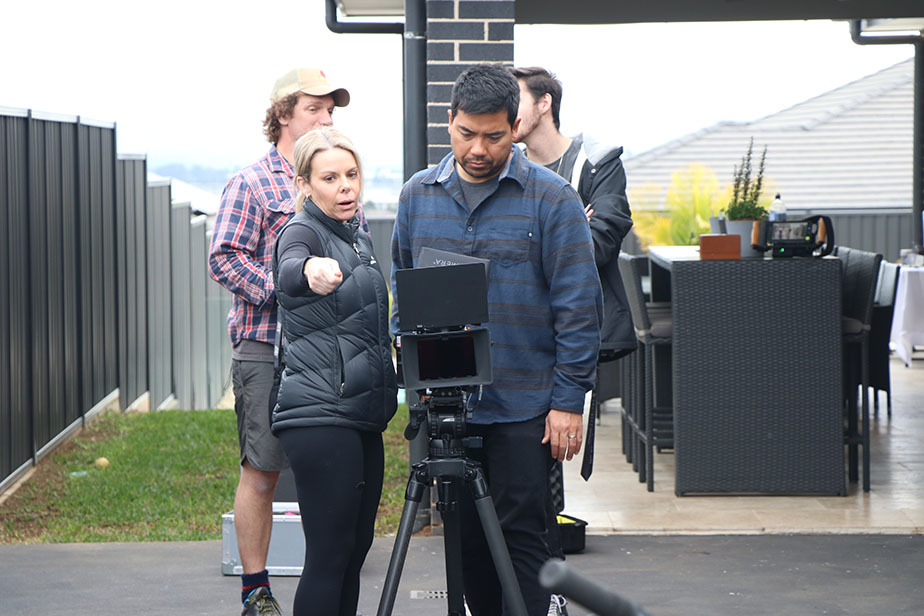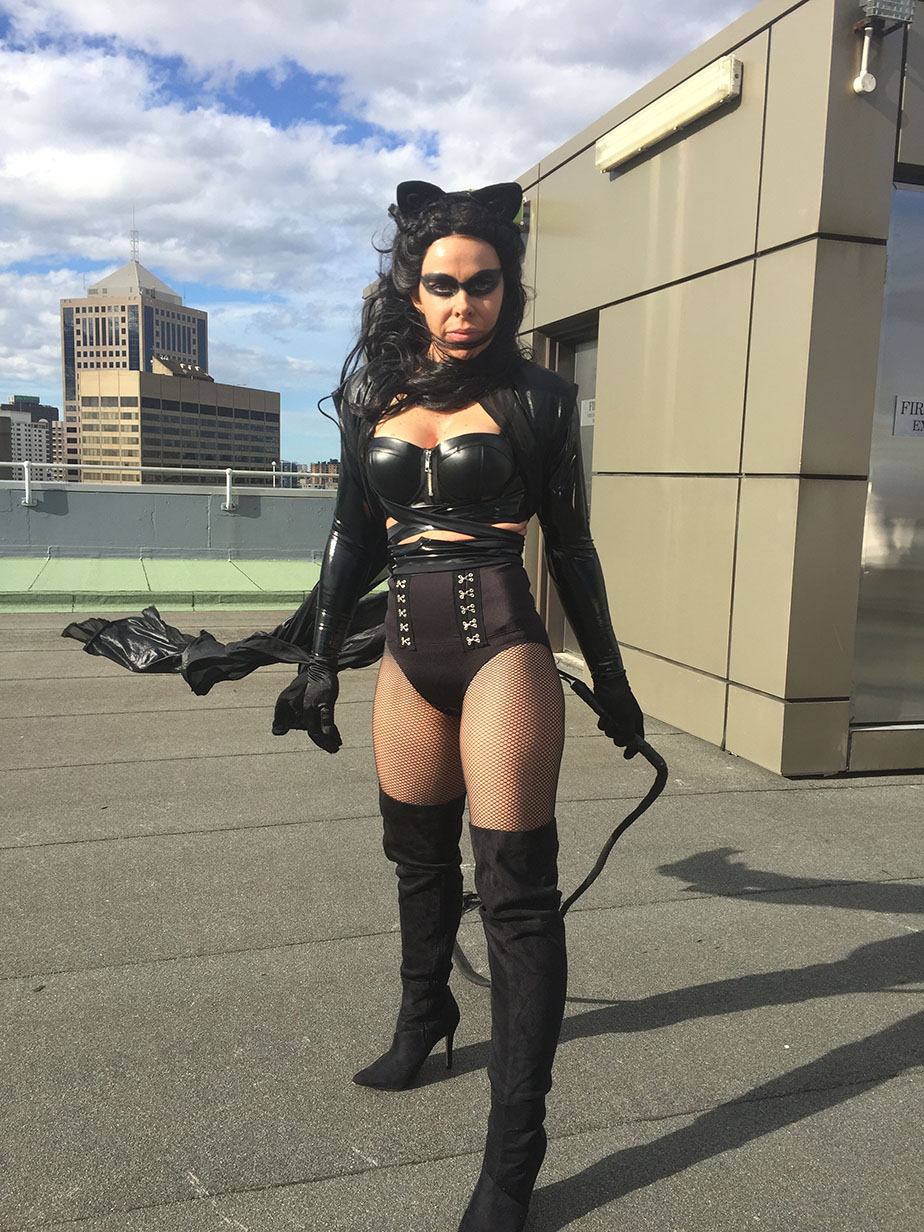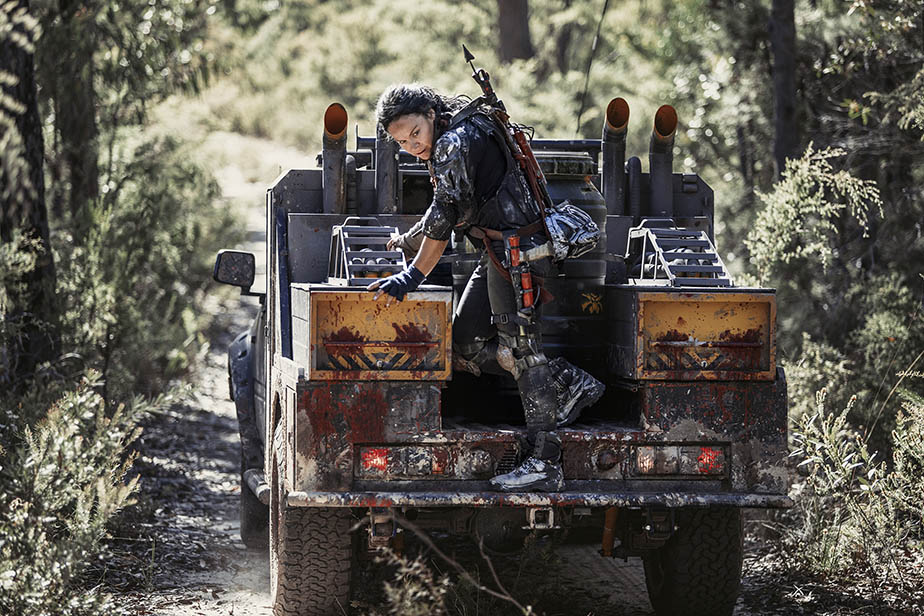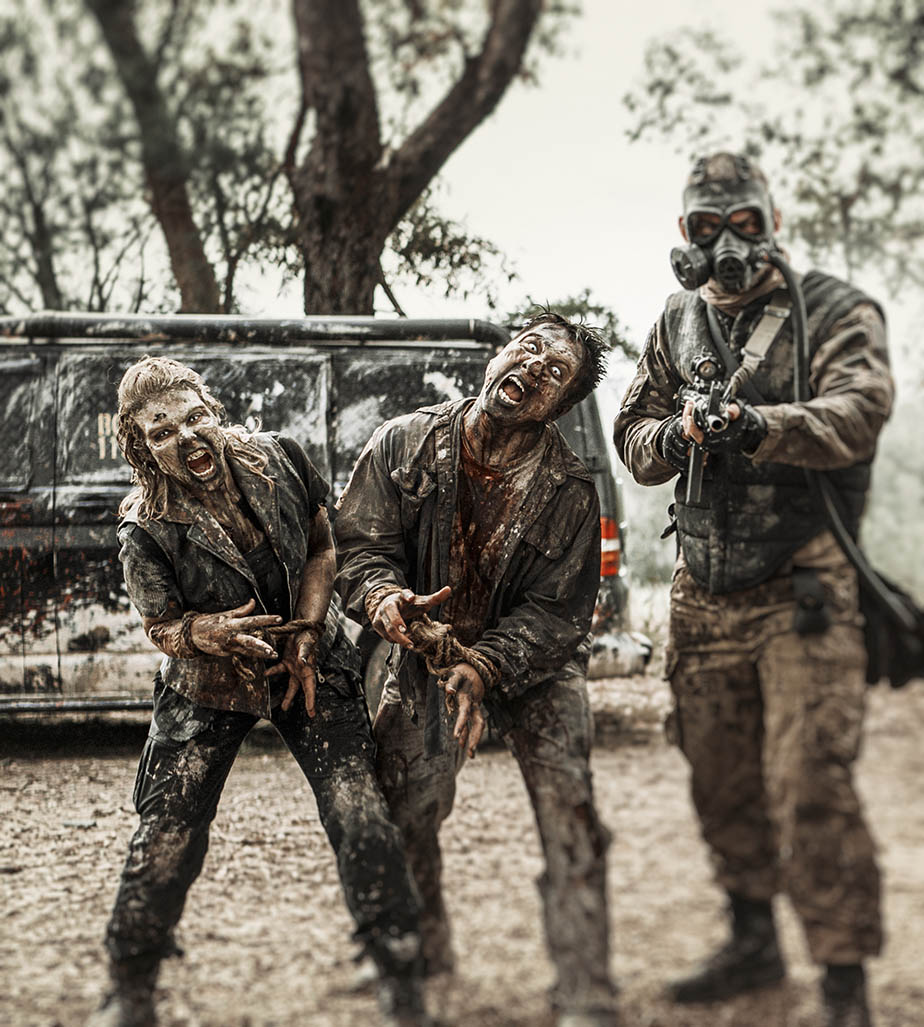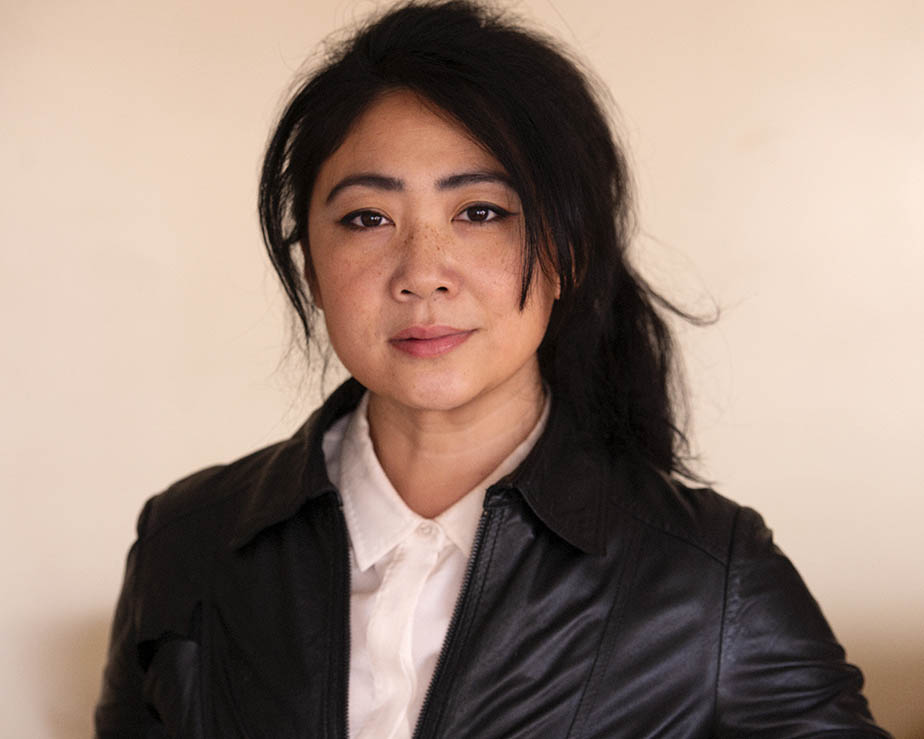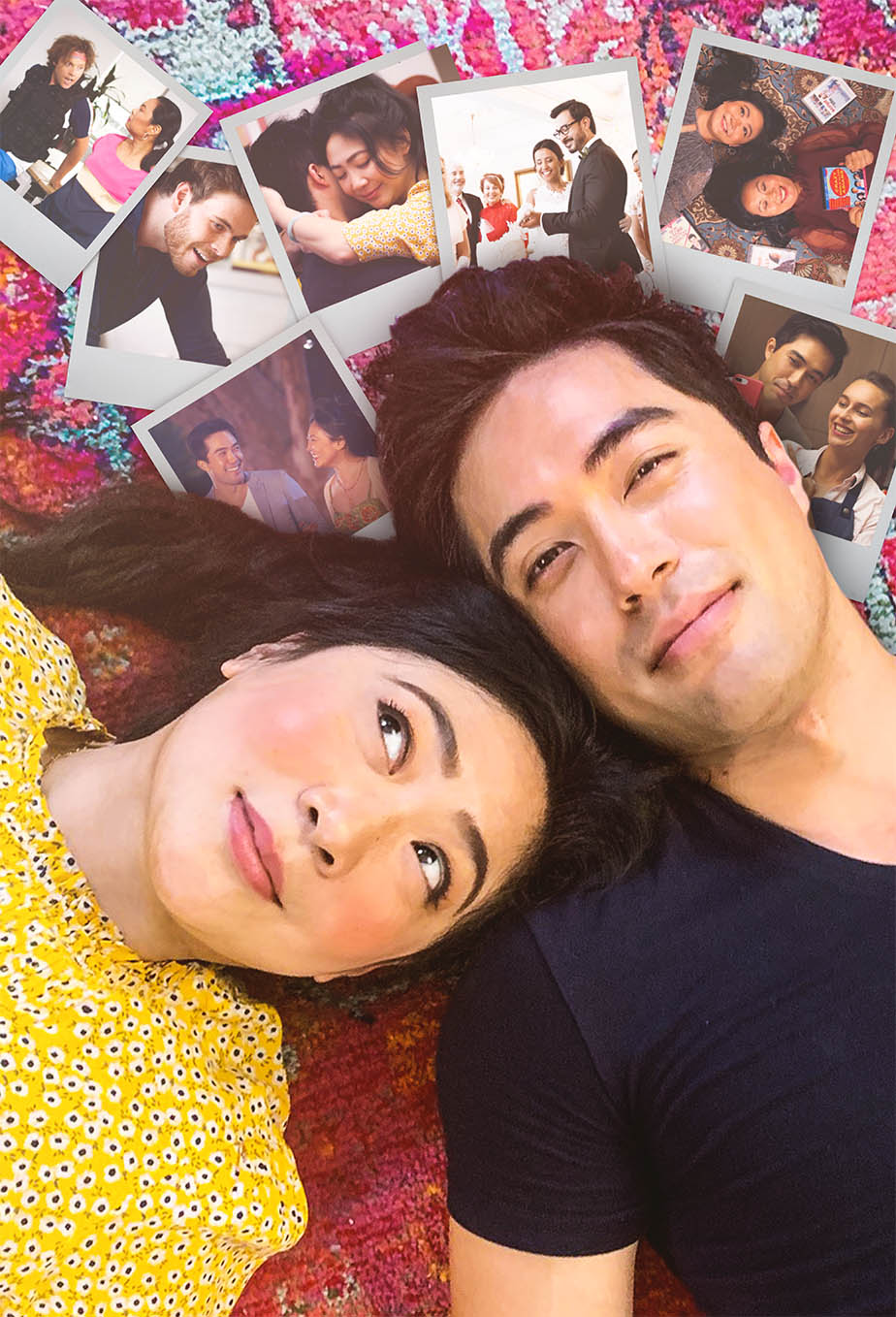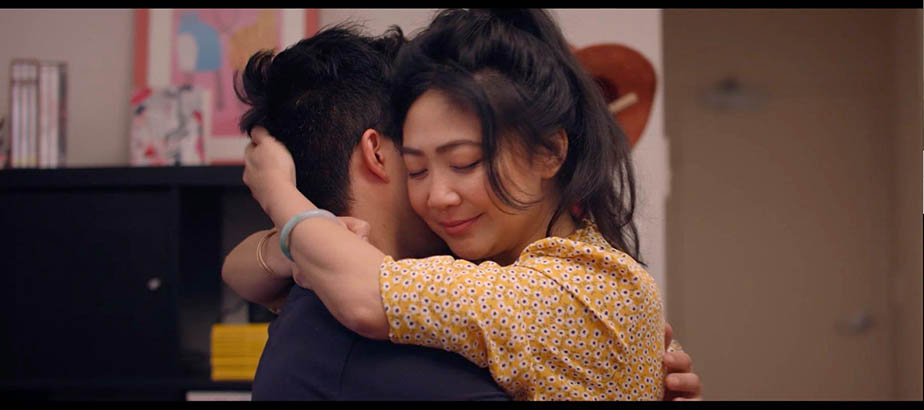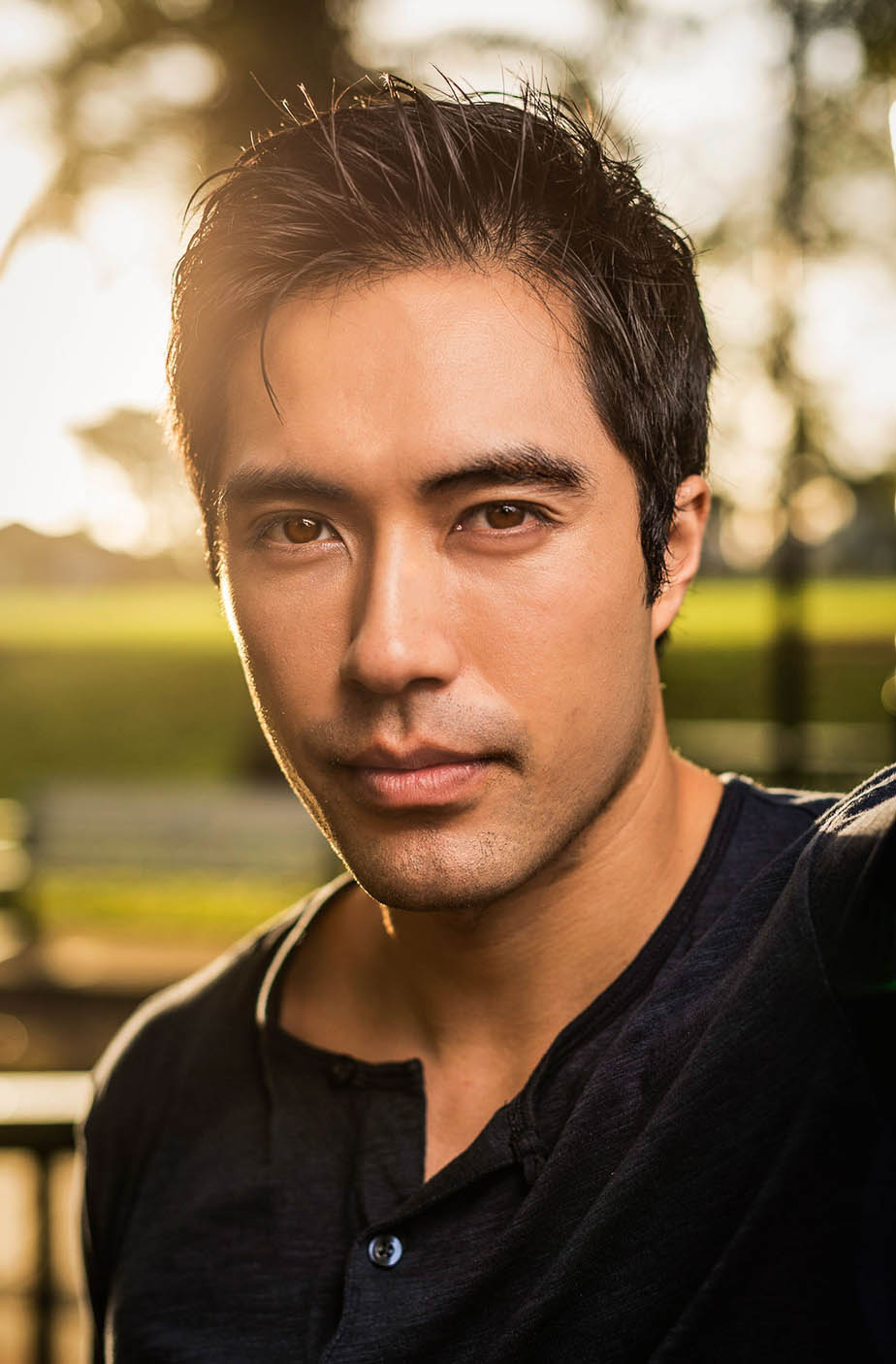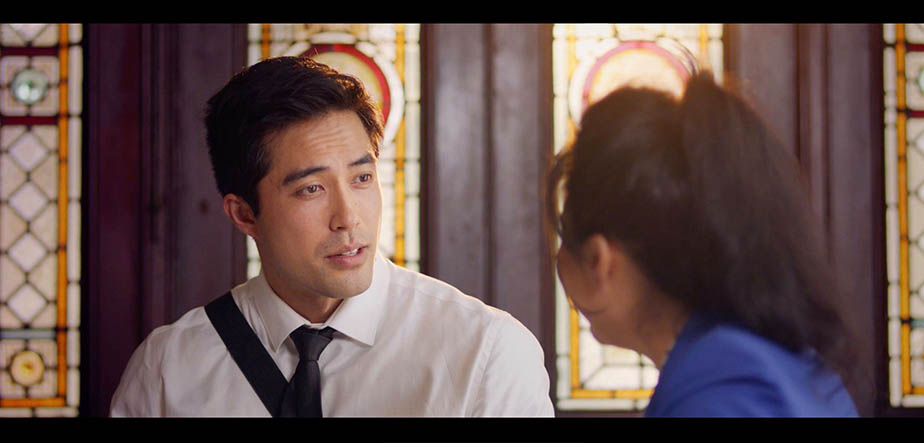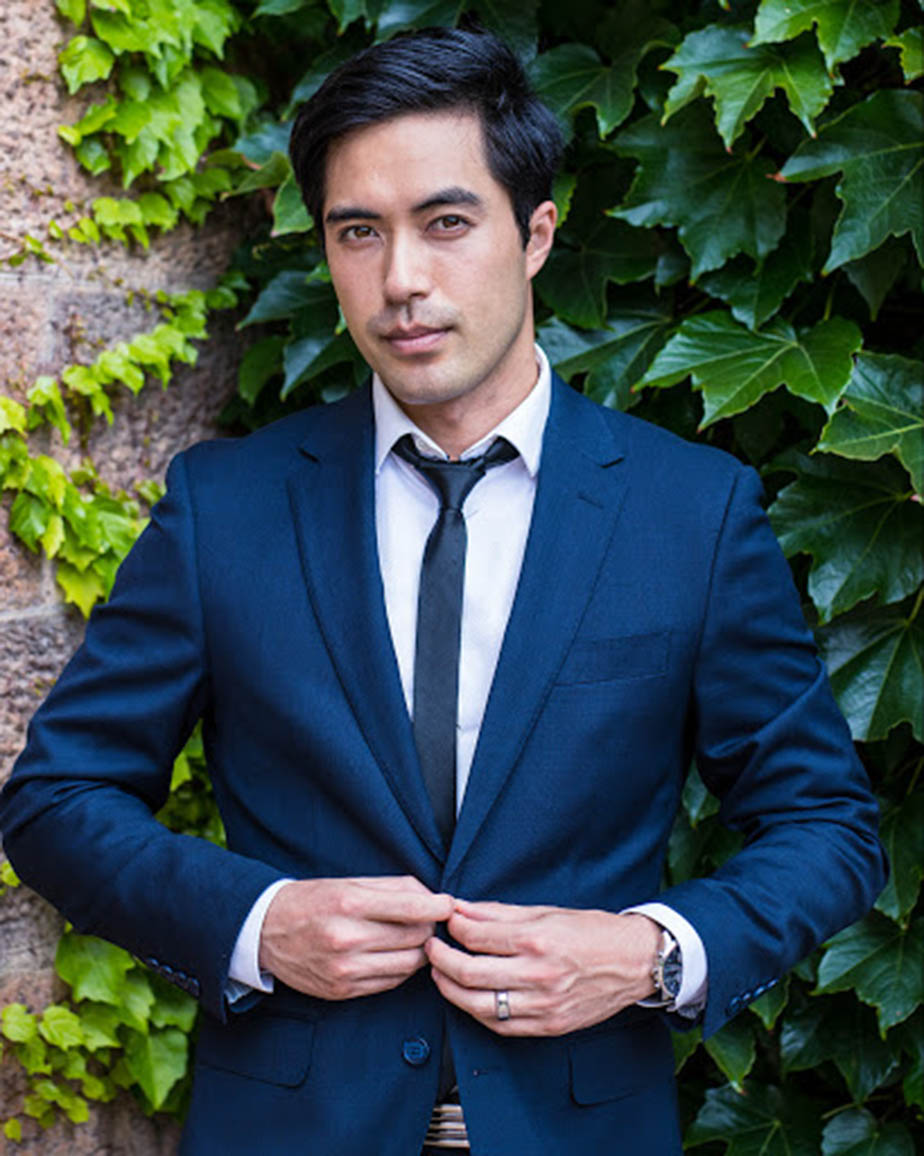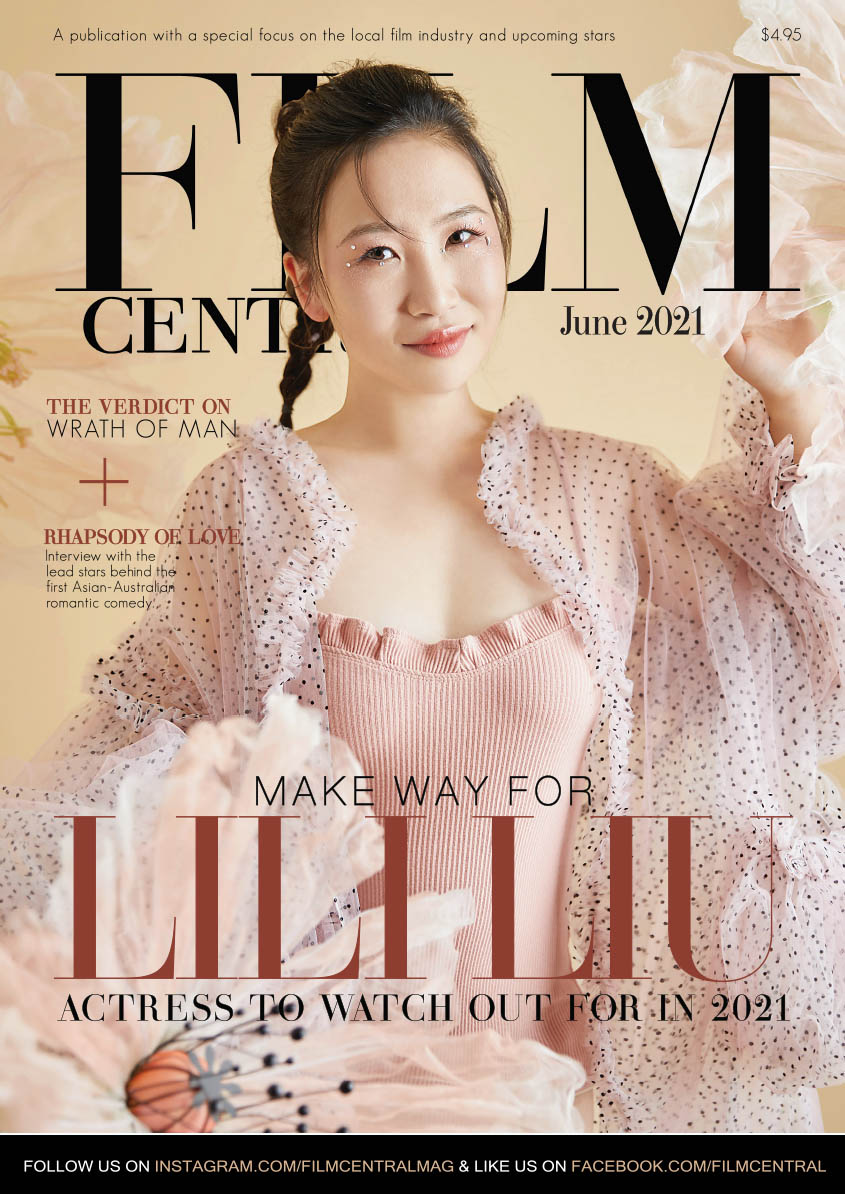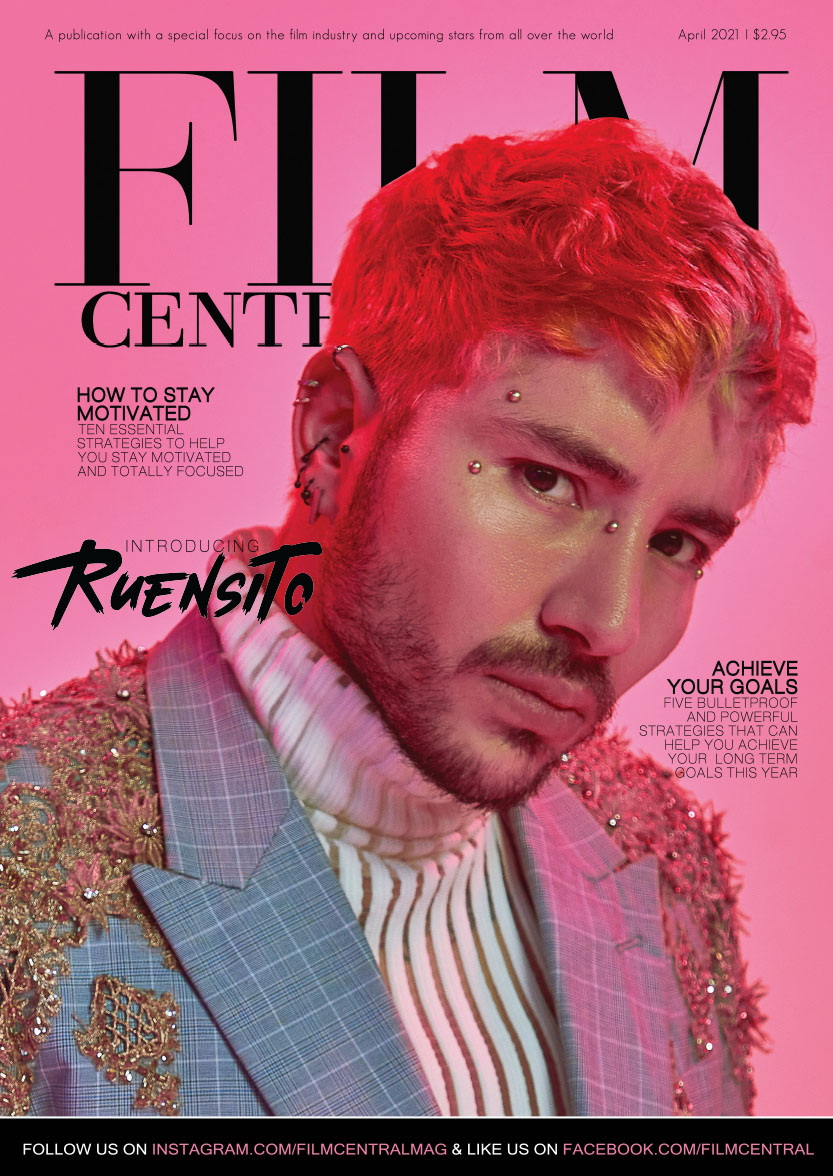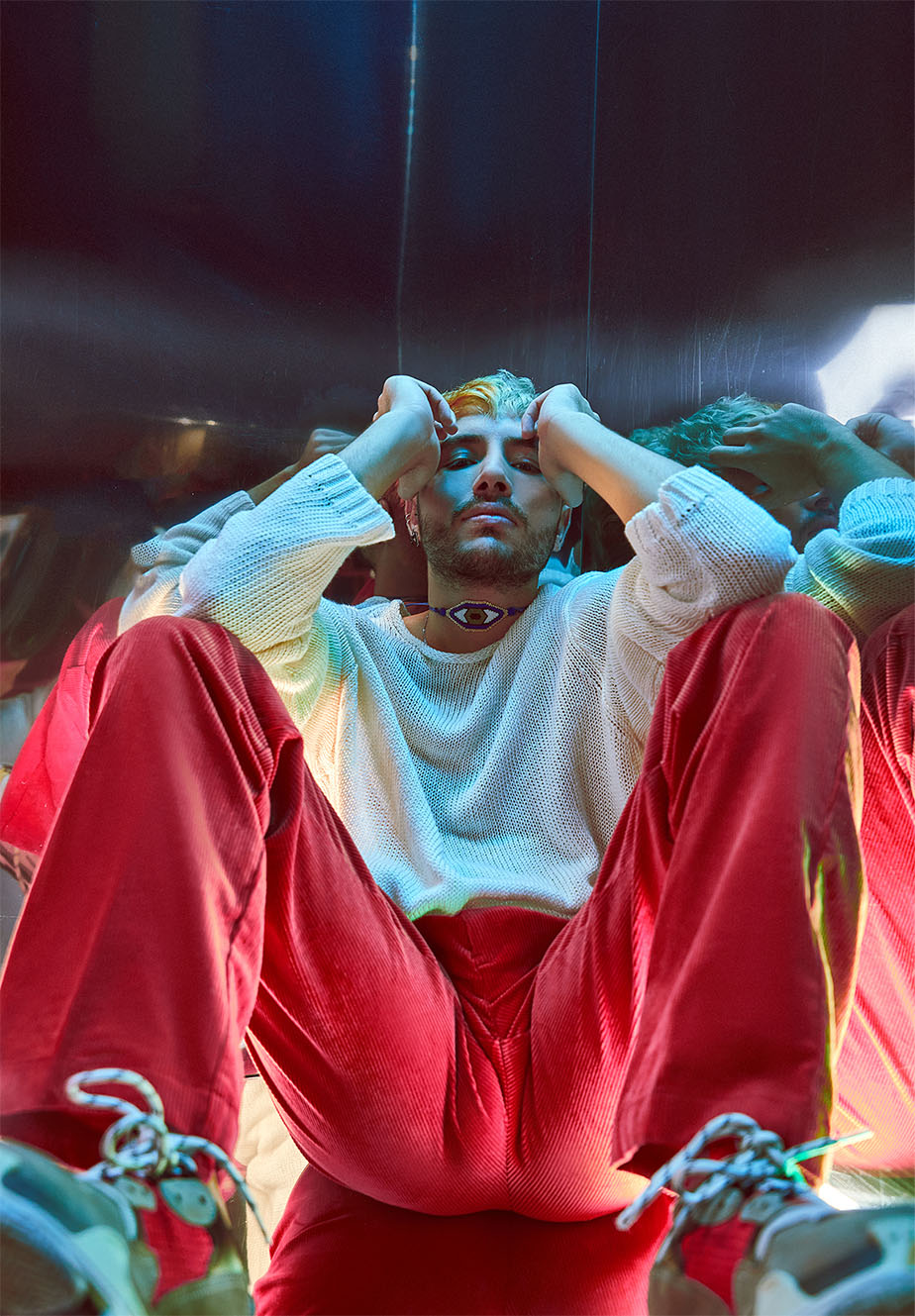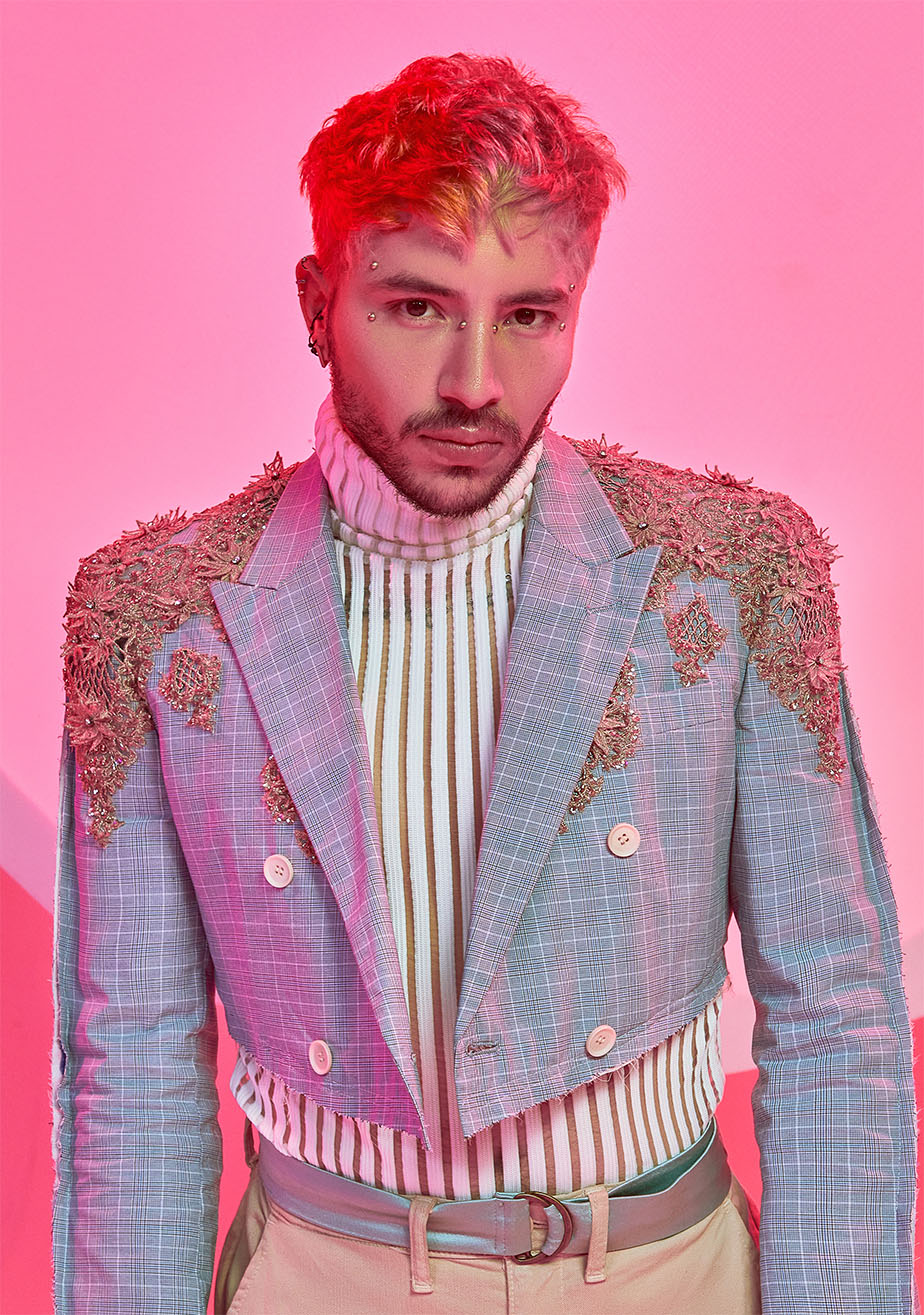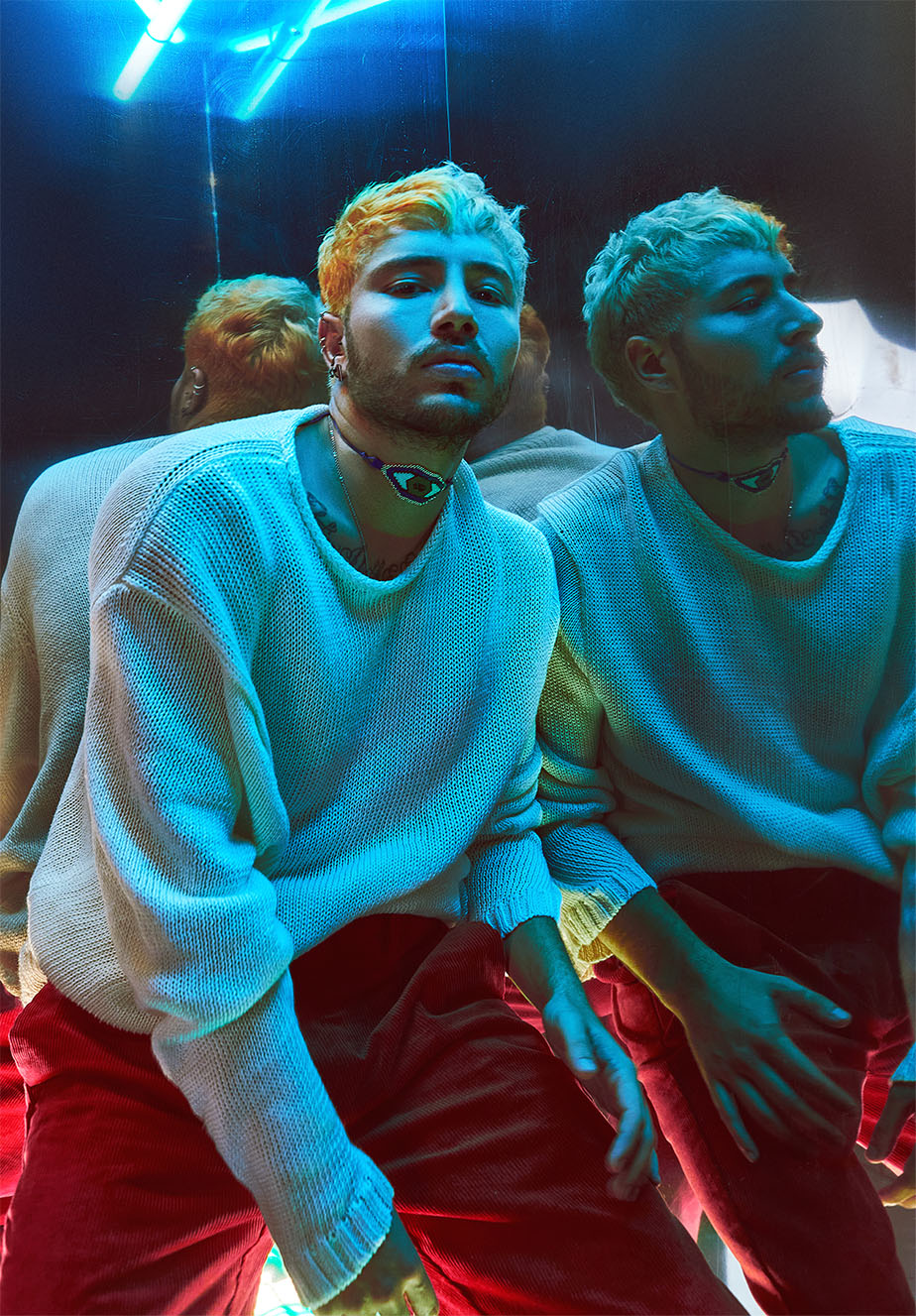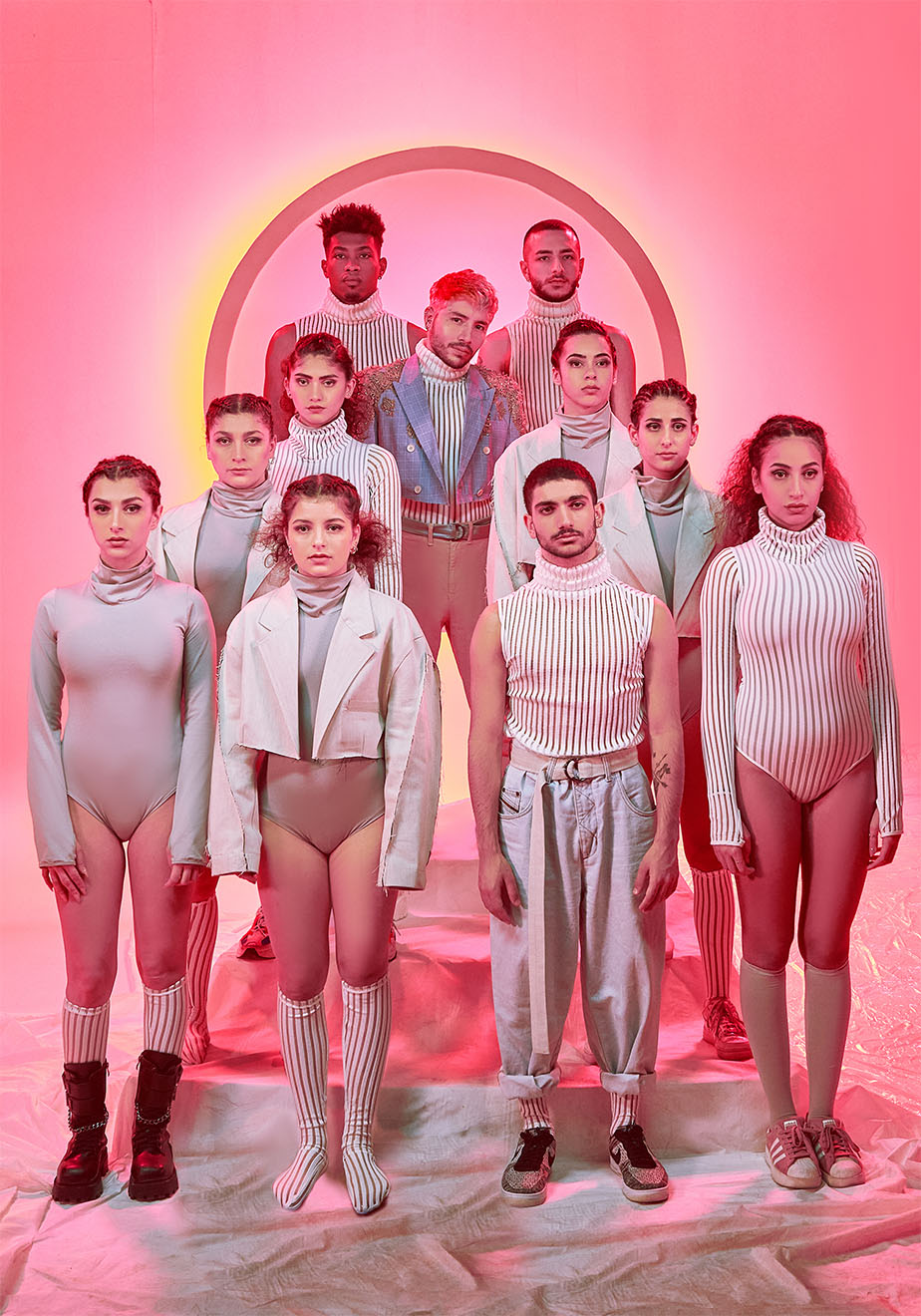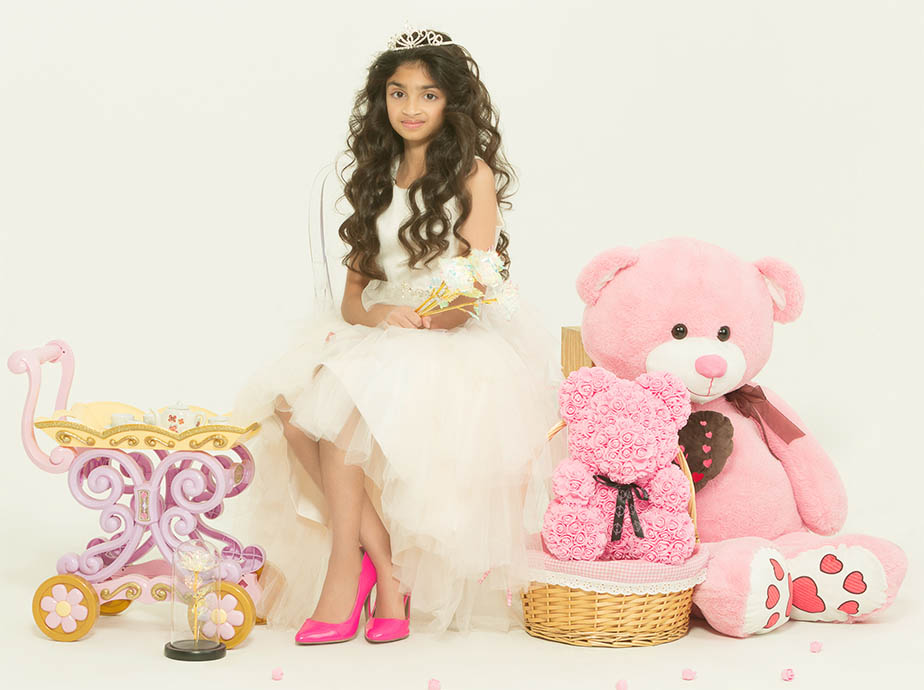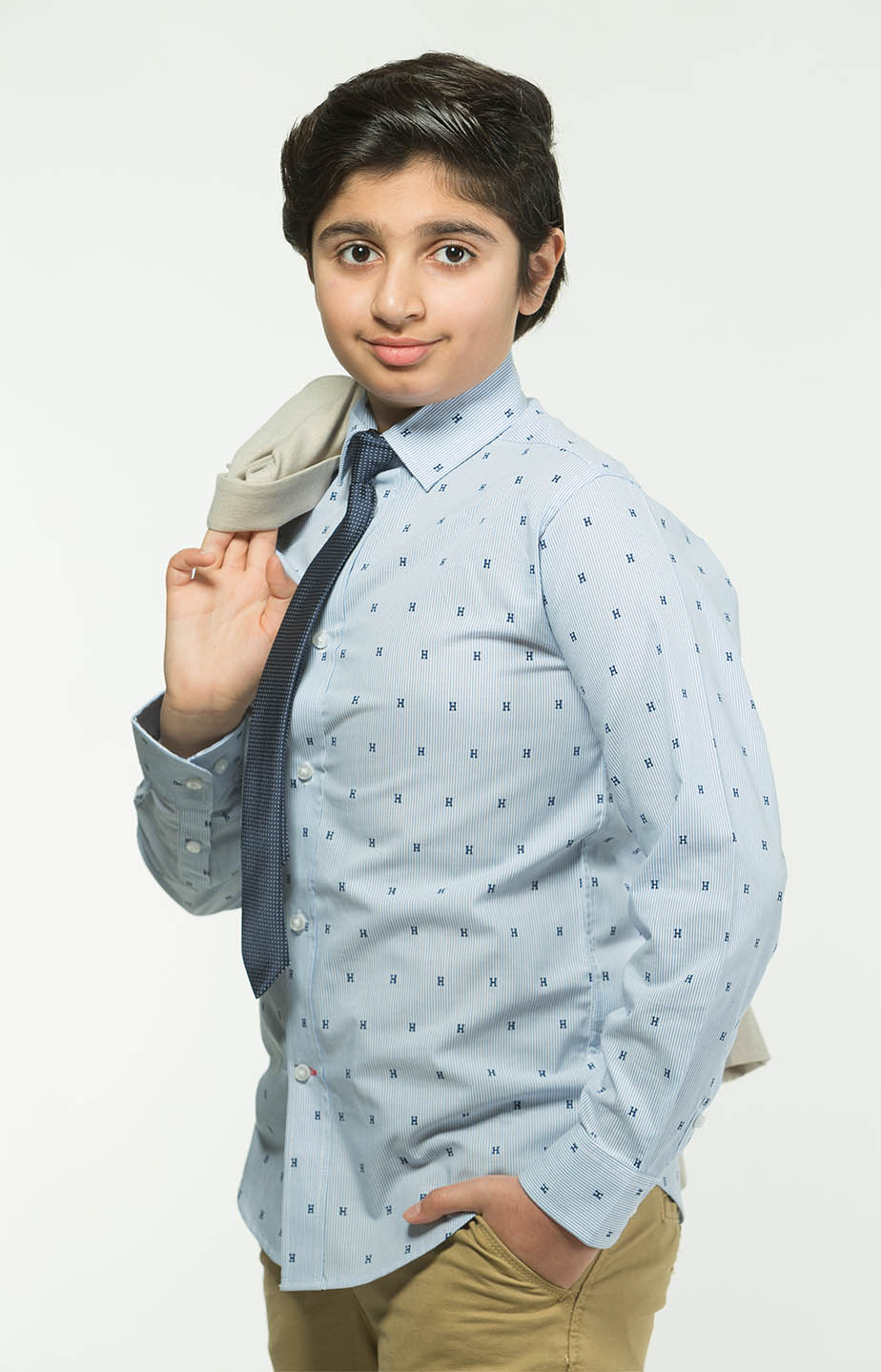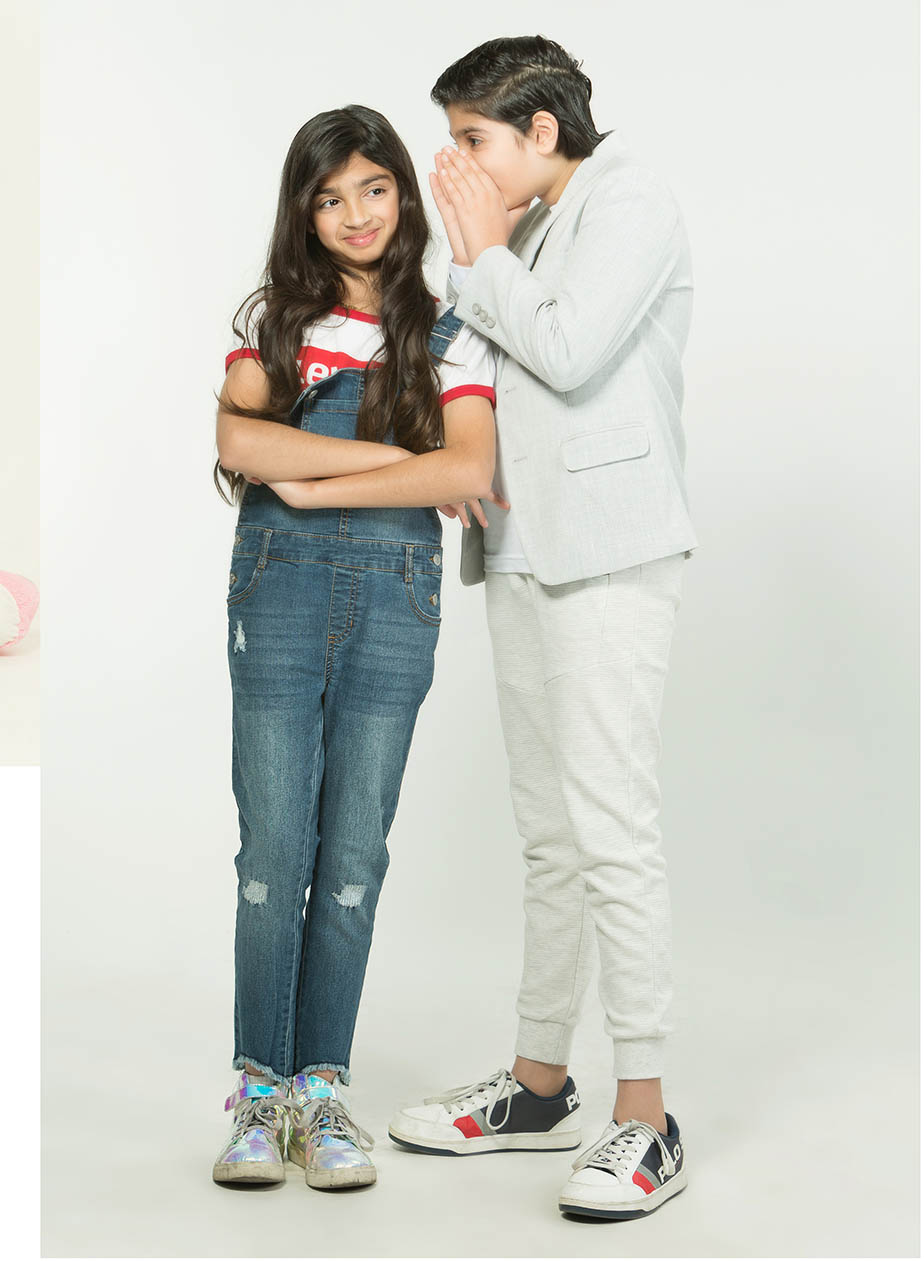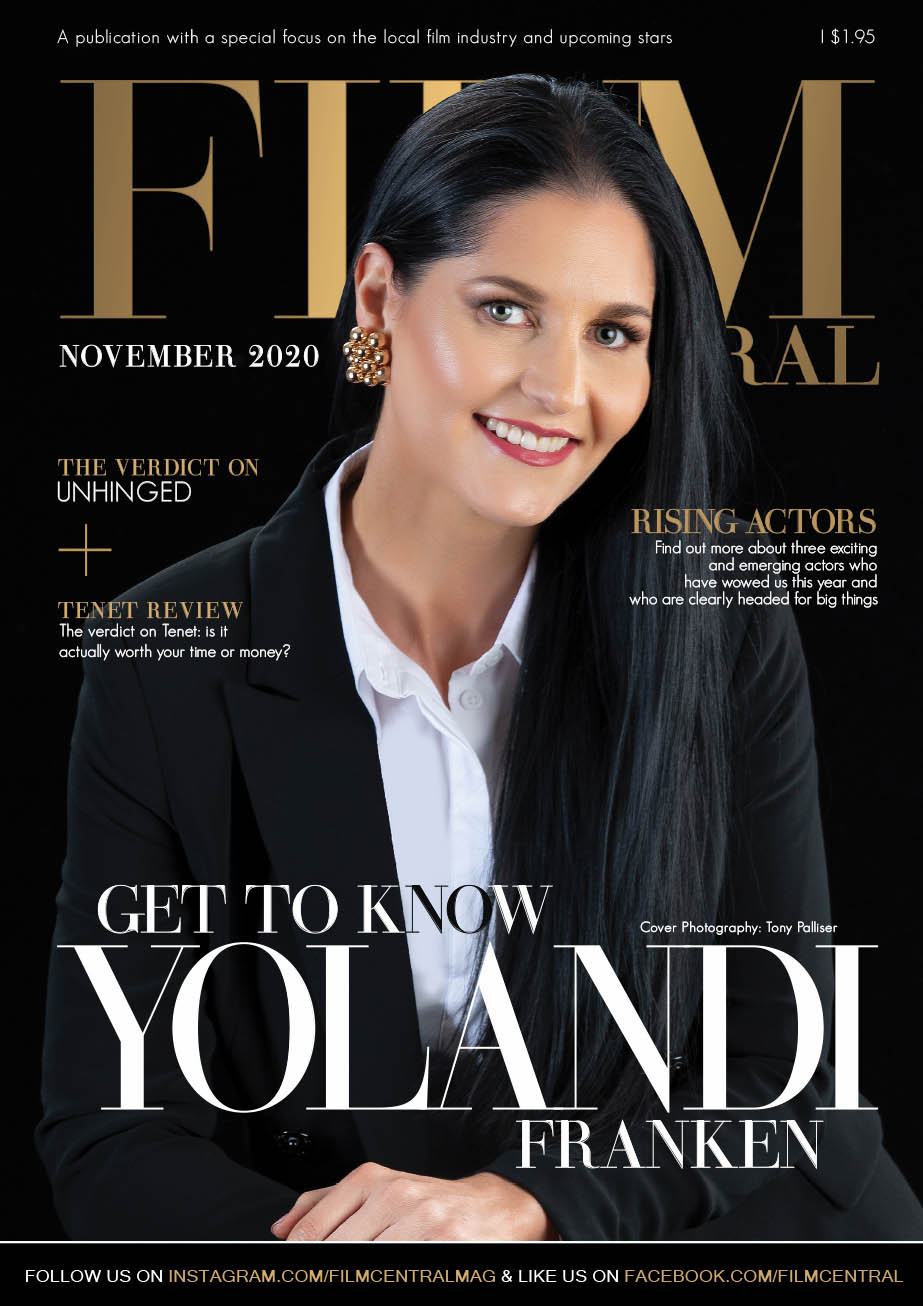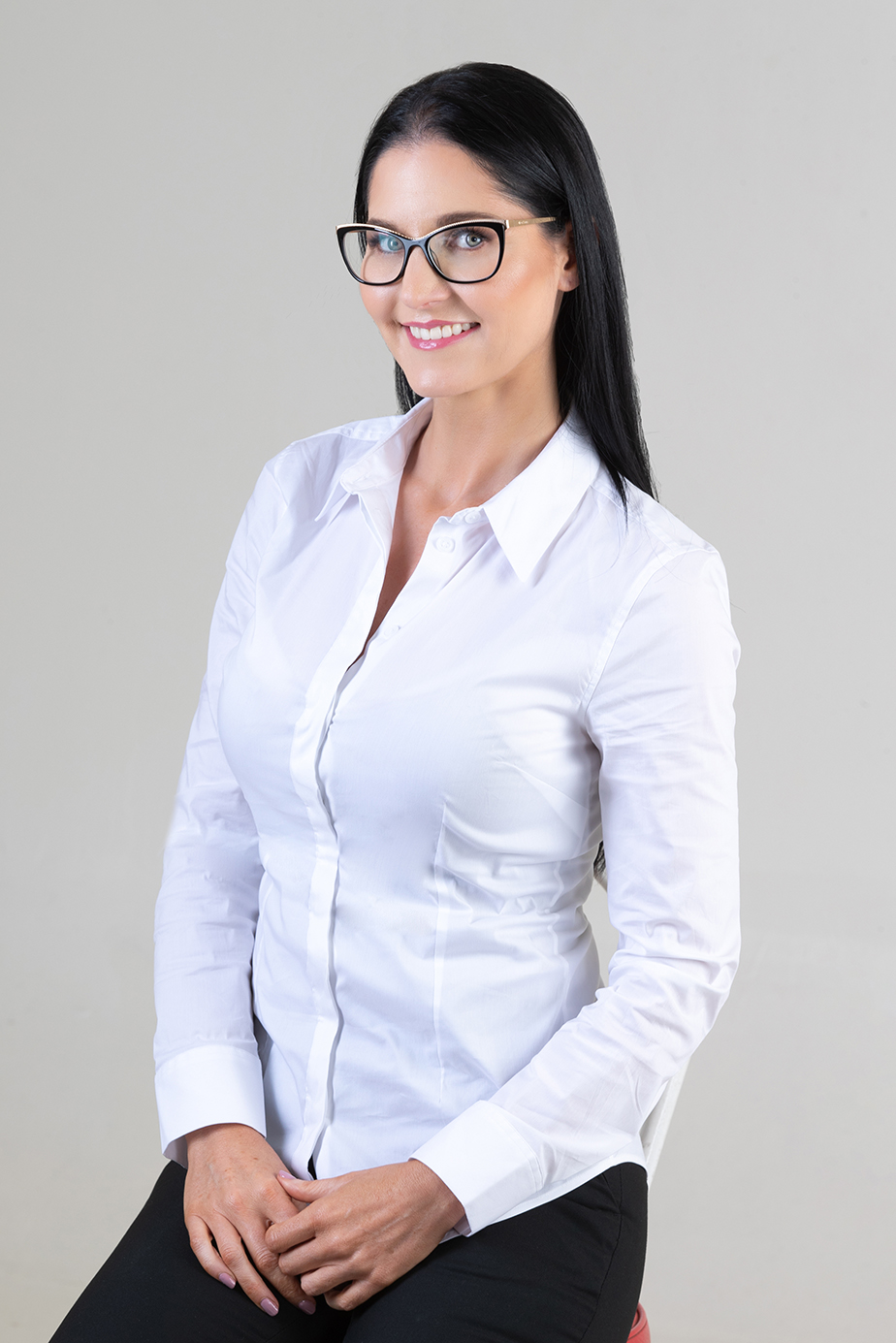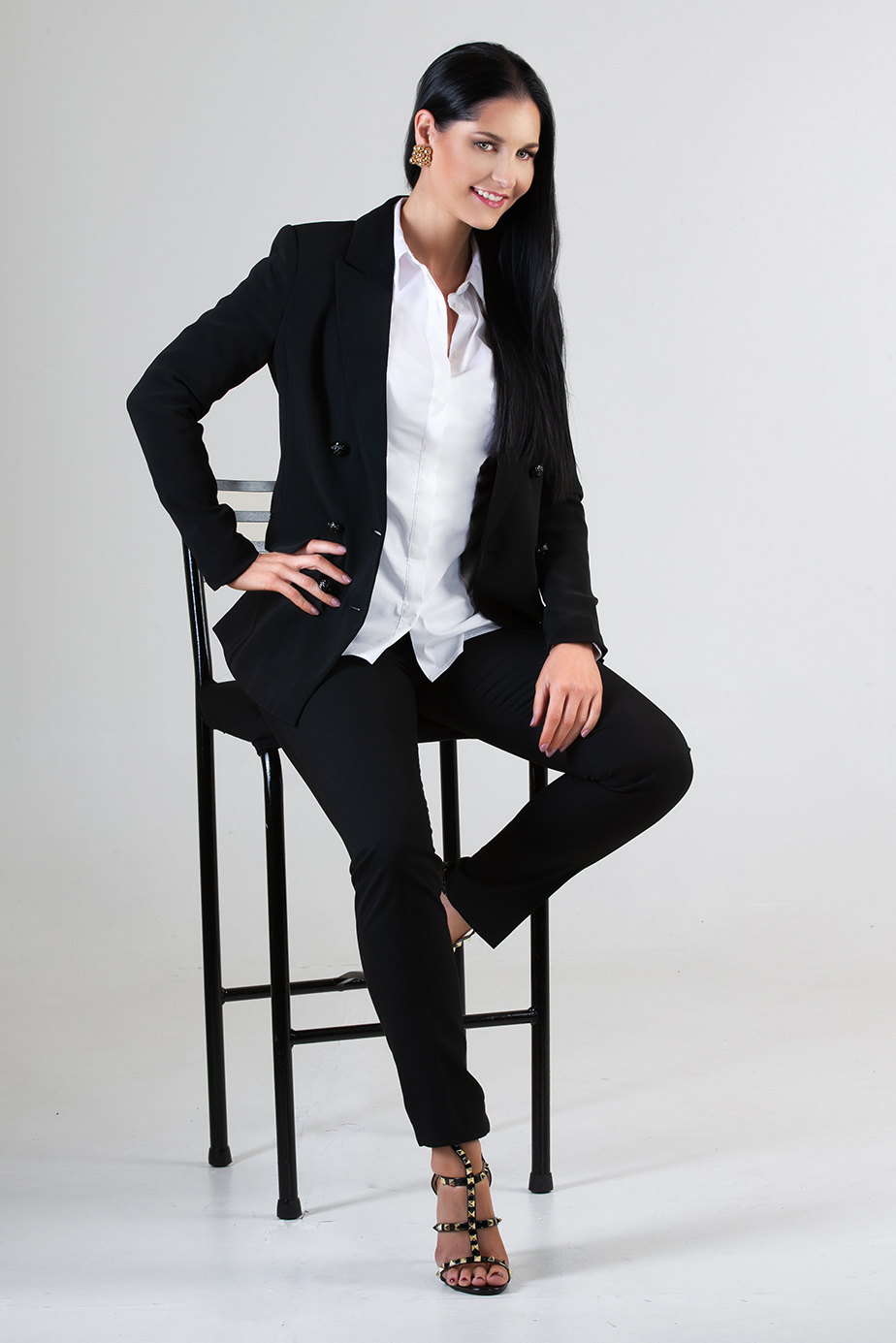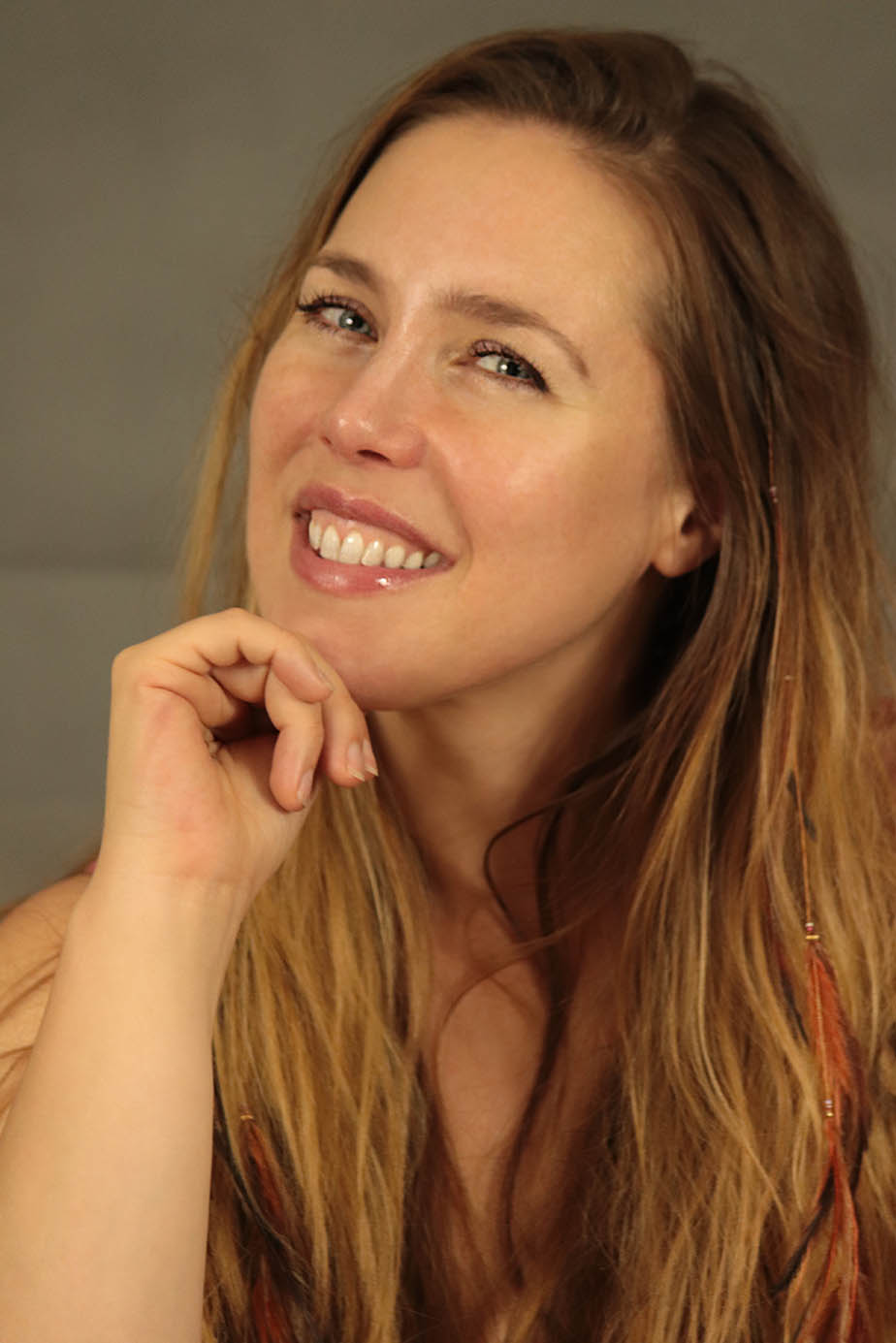
Michela Carattini is an Intimacy Coordinator and Company Director at Key Intimate Scenes (KIS), Australia. Her IC screen credits include “Nine Perfect Strangers,” “Blaze,” “Birdeater,” “Learning The Curvature Of The Earth” and “This River.” She co-created and co-instructed the first Intimacy Coordination Workshop for Directors at AFTRS, was a member of the panel which drafted Australia’s National Intimacy Guidelines, and co-founded the Australasian Intimacy Coordination Network. She developed the only Australian training curriculum for Intimacy Coordinators, and is one of the only people in the world to be fully insured under the title of “Intimacy Coordinator”. Specialising in cultural competency and mental health, she has been an expert speaker/interviewee on Intimacy Coordination for IF Magazine, FilmCentral Magazine, Cinema Femme Magazine, ABC News, SPA, WIFT, SFAA, and Mecury CX Screenmakers.
Steph Power is Australia’s leading Entertainment Industry Welfare specialist. Her ground-breaking production and acting welfare services are internationally recognised. Her informed practices are endorsed by actor Hugh Jackman who refers to Steph ‘as a leader in her field’. As an Intimacy Coordinator, she supports culturally appropriate performance coordination, and has conducted industry welfare training for West Australian Academy of Performing Arts, JMC Academy, National Theatre Drama School, Melbourne Theatre Company, WIFTAustralia, MEAA Equity Wellness, Dame Changers, and has contributed to the Covid Safe Set Guidelines for SPA and Screen Australia. Steph has worked on Covid sets as an Intimacy Coordinator for the film “Prawn,” the feature “Petrol for Arenamedia,” the TV series “5 Bedrooms” for Channel 10/Paramount Plus, and is attached to the film “Secret Dresses.” She also created a new role titled Production Welfare Coordinator on the ABC Series “Itch 2.” This work covers mental health risk assessment and planning, HOD training, and cast and crew support. As part of her advocacy, she is working with key players to further develop this role across the screen and broadcast industries. Steph provides consultation on psychological, cultural, or sexually diverse content and has a private counselling practice at her suites in Malvern. She is a graduate of the renowned WAAPA Acting School, has a degree in Directing Performance from WAAPA, a post-grad in Psychotherapy, and a Masters in Counselling. Her diverse qualifications bring depth and insight to her work.
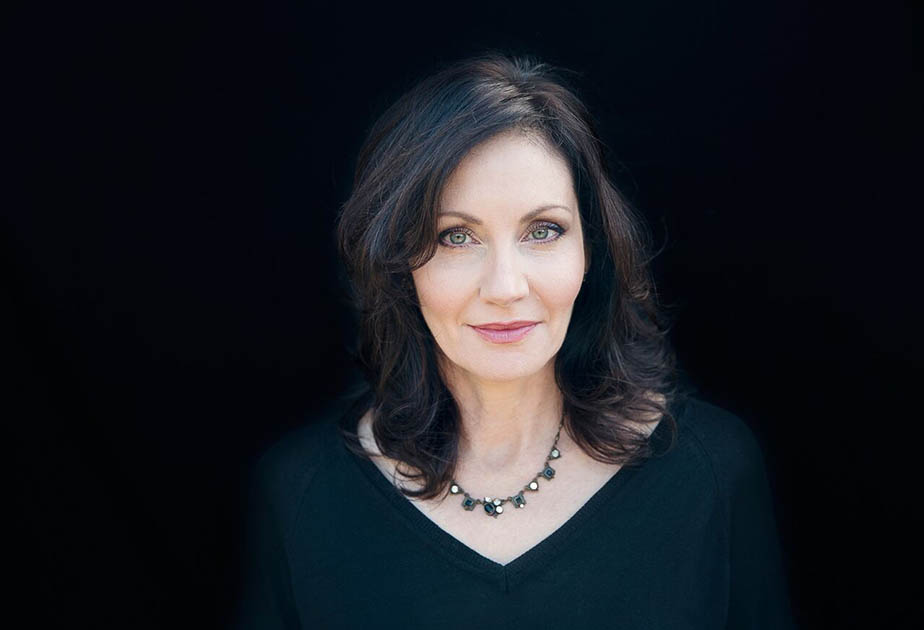
FilmCentral Magazine recently caught up with Michela and Steph to discuss their journey in the entertainment industry and their latest projects and here’s what went down:
Who are you and what do you do in the film industry?
Michela: I’m Michela Carattini, and I’m an actor at AAA Talent, a filmmaker at Charcol Pictures, and an intimacy coordinator and company director at Key Intimate Scenes. I’m also mixed (Celtic Australian, Indigenous Latin American), CALD, multi-local, multi-lingual, multi-national, able, queer, cis-gender female, and a primary carer of young children. You wanted to know all that right?
Steph: I’m Steph Power and I’m an industry welfare specialist and intimacy coordinator at stephpower.com and founder of the original Intimacy Coordinators Australia forum. I’m also known as an acting coach, script advisor, and creative producer. I am an 8th generation Australian and have two children, both equally into films and all things entertainment.
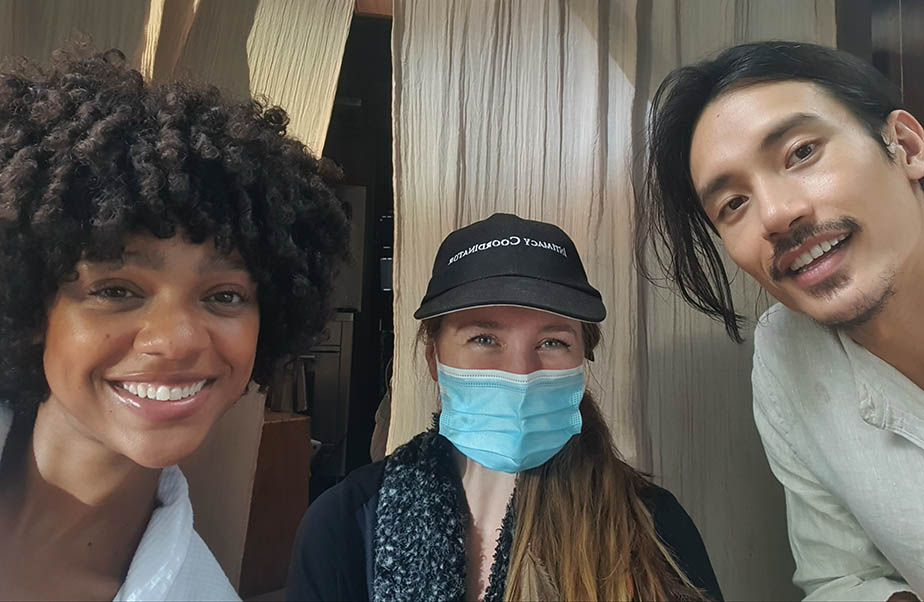
How long have you worked in the industry and what was your journey?
Michela: Let’s see, I’m 41 years old, so…I have worked professionally in the industry for 28 years – with a few breaks trying to make a dent in human rights abuses. I started off as an actor/singer/dancer/choreographer in musical theatre and graduated from AMDA in NYC. I led and supported Off-Broadway and U.S. national tours when suddenly I was watching the second plane fly into the second tower from my window on September 11th, 2001. It made me want to understand human behaviour better, and I ended up with a BA in Psychology from Columbia University and a Masters in Criminology (specialising in ‘Violence Against Women’) from Sydney University. I worked in that area for about seven years, in New York, the Czech Republic, and Australia, until I had my first son. Who knew acting was a fall-back career? It provided an escape from life as a carer with a flexible schedule to boot. The joy, the pain, the life I had experienced, both vicariously and first hand, made me a more interesting storyteller, and I got a lot of work in film and ‘straight’ theatre, as well as producing my own work. I kept trying to put my two career paths together, noticing that my fellow actors were struggling with many issues for which I had the expertise, including consent, coercion, abuse, boundaries, trauma, and mental health. There was suicide, self-harm, exploitation, straight-up sexual assault, and just plain confusion about how to go about things everywhere I looked. I myself struggled with the occupational hazards of being an actor without clear production structures that could minimise those harms. When I started training with those who had established themselves as ‘intimacy coordinators’ in other countries, I was already developing the work on sets here. I am grateful for that overseas training, and it exposed me to international standards and strengthened my work in certain areas to be sure, but having now experienced what is on offer, I am continually impressed with the truly world-class expertise that exists within Australia and New Zealand already. I mean it! There are real gaps in the overseas training, not least of which is mental health, cultural competency, and legal literacy, which is what drove me to prioritize those approaches in the Australian curriculum and seek out those leading the way here.
Steph: I’ve been in the industry for 36 years, but as a professional for 28 years after graduating from the renowned WAAPA Acting school. After two years working in Sydney as an actress, I moved to London where I worked on contracts at companies like Polygram Films (script department) and Channel Four (programming) to pay rent while enrolled in the Actors Centre London. On my return to Australia, I took a job in Perth as an assistant director on Ship to Shore. I then moved to Melbourne, returned to acting, met and married a young filmmaker who became a successful editor, and had my first child. During this time I began a lifelong journey with coaching actors. I completed my degree in performance directing at WAAPA and in 2010 set up Enigma Films. It was losing two actor friends to suicide and seeing other industry friends suffer due to sysemic industry that shifted my focus to an urgent need for actor and crew welfare in professional settings to make the industry a supported workplace. In 2015 I began developing new practice strategies while studying for a postgrad degree in Psychotherapies and Counselling. I researched actors’ emotional vulnerabilities in their work especially in intimate and psychological material, and researched industry systems that impacted creative life. One of my research papers, “Being an Actor”, was a programme of strategies to alleviate mental health impacts in performance settings. On the back of my research in actor welfare and of set practices and crew issues, I set up stephpower.com and moved to Melbourne in 2017 where I completed my Masters in Counselling. Since I was already working with actors in performance welfare as half my business, registering the Intimacy Coordinators Australia as a business name and launching my Intimacy Coordinators Australia Facebook Page in 2019 was a natural move (Not to be confused with another ICA who has a website in this name but is unregistered). In 2020 at the start of the pandemic, I was invited by SPA and Screen Australia to deliver my Covid Safe Set Welfare guidelines to strategise protections for actors and their support crew. With an increasingly ‘welfare friendly’ industry thanks to changes brought about by the #metoo movement and now COVID, I am continuing to advocate for more on-set welfare roles such as the Production Welfare Coordinator which I first implemented on an ABC series in 2020. I love the work I do right across industry welfare and I love developing and improving my role as an Intimacy Coordinator.
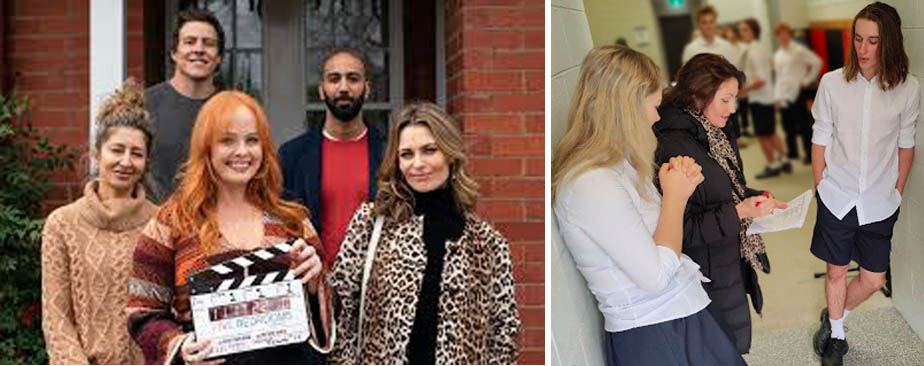
What is intimacy coordination?
Michela: The role coordinates and facilitates the industry’s best practices for the portrayal of intimate scenes. This includes expertise in consent, sexual dramaturgy, movement direction and masking, modesty garments and barriers, risk and controls assessments, advocacy and the mitigation of power dynamics, minimizing secondary trauma, and localised mental health support as required.
Steph: It’s essentially supporting the right for protection of a performer’s wellbeing in any physical and emotionally vulnerable scenes. The role of Intimacy Coordinator is often limited in its general interpretation, however, the role itself – as it becomes more explored by people of different cultures, race, gender, sexual diversity, and skill backgrounds, including practitioners like myself with unique qualifications in performance, directing and mental health – will increase the specialisations that are employed in this role. While the specifics of consent, risk management, actor welfare, and shaping performance are required in most settings, I don’t promote the role being limited by overseas gate-keepers and want to see equally knowledgeable Australians culturally define this role themselves. Particularly because the IC role can be used in unscripted and factual formats not just scripted. For example, I was recently approached to IC a project with both real and dramatised women telling personal stories of childbirth and loss. I knew I was perfectly equipped to help, but a straight choreography-focused IC would not have been appropriate, as this project required solid mental health knowledge. This is why Michela and I teamed up because we know there can be complex depths to screen content that for mental health risk aversion require a more qualified practitioner.
What are some of the filming activities that require an IC on set?
Michela: The Australian Intimacy Guidelines (Nov 2020) are very clear that any nudity or simulated sex should have an IC on set. These guidelines have now been incorporated into SPA-MEAA’s National Guidelines for Screen Safety (Jun 2021). However, there are many other reasons you may want to have an IC on set, including any particularly vulnerable circumstances, such as a large power differential, cultural safety, or managing mouth-to-mouth risks in the age of COVID. The Australian industry has really been at the forefront of this (COVID physical and mental risk mitigation), being one of the only countries able to shoot content right through the pandemic.
Steph: Scripted and unscripted or live performances can have intimacy across drama, comedy, documentary, even music videos, and art-based performance. When I read a script and there is a scene where a performer is physically and/or emotionally exposed I assess that scene, do risk mitigation, and work with the actor’s own welfare status to decide if that scene is requiring intimacy coordination on set.
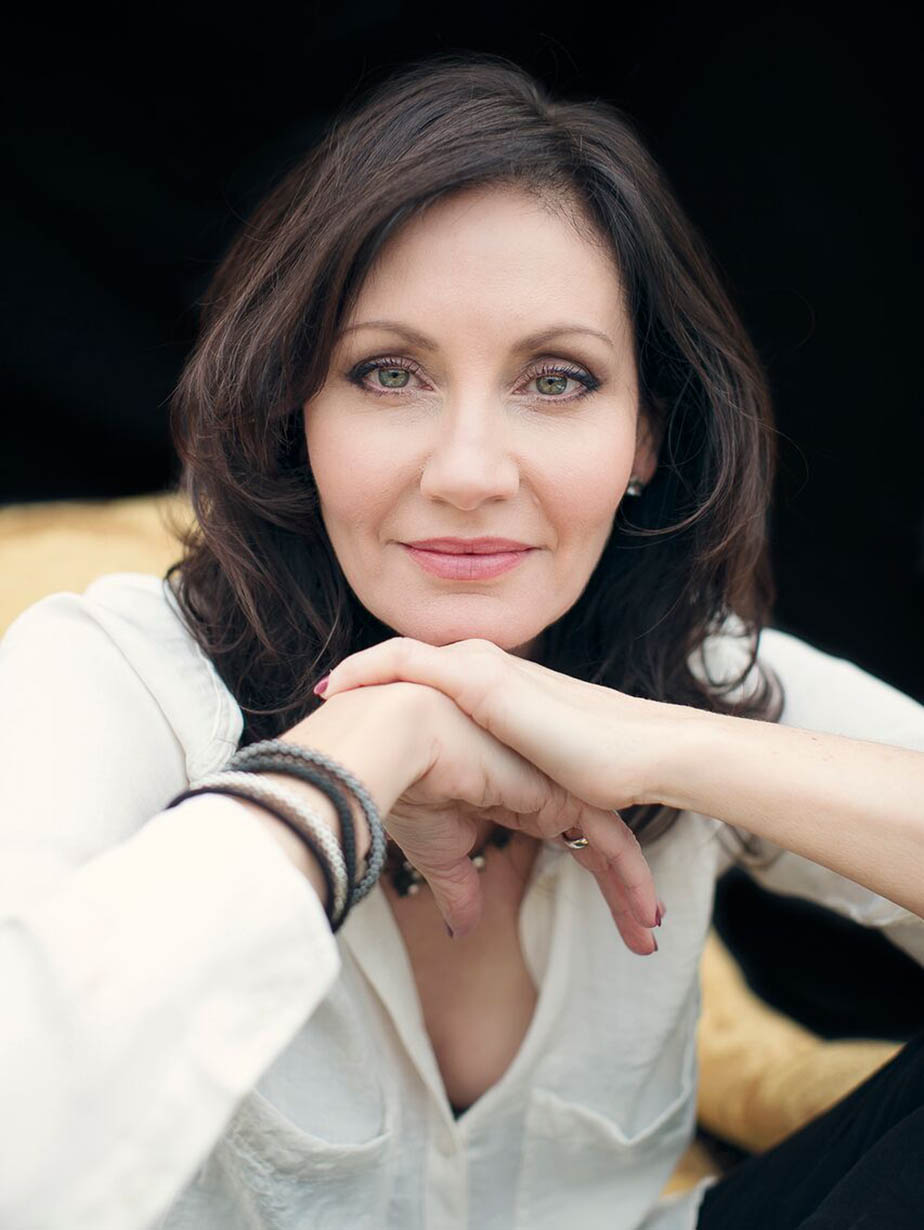
Who does the IC protect and why?
Michela: The IC is an expert consultant that can mitigate the inherent power dynamics on set and advise on industry best practices to better protect actors’ safety and mental health, crew safety, and ultimately production, in being able to show they have met their safety obligations and delivered best practice. No matter how nice a producer or director maybe, their roles have inherent coercive power over cast and crew. I am also a film producer, and today I would never IC my own set because I am aware that my position of power as a producer makes me unable to obtain boundaries and freely-given consent the way an IC, who has no power to hire or fire, is able to do.
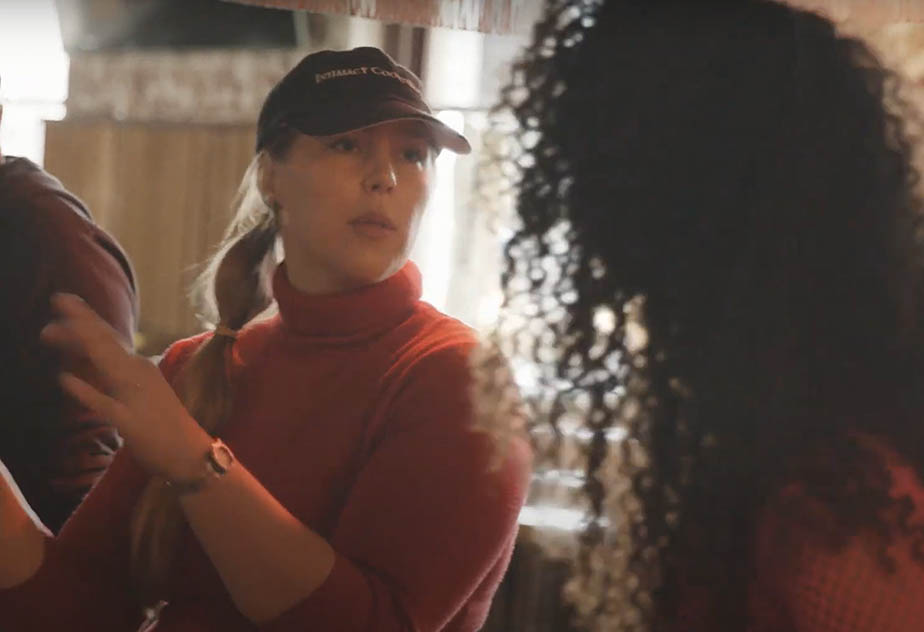
Steph: I say to actors, directors, and producers separately. I’m here to protect your best interests. By positioning a third party into the process, the IC protects the actor’s consented safety measures while supporting the director’s vision and implements necessary duty of care and legal protections for the producers. It’s not just the actors who are concerned about physical boundaries of touch, I’ve had directors concerned about actors getting too familiar. I’m forever hearing a new story that makes me reassess and expand my thinking. Bottom line, anyone involved in the telling of intimate performance content should have welfare safety protections so they can get on with the job and not be concerned for their wellbeing. This includes working respectfully with the crew on closed set intimate shoots. A good IC always checks in with the First AD regarding closed set crew care prior to the shooting of intimate scenes.
What are some of the tools and methods used? Why are these important?
Michela: The KIS method incorporates mental health, legal and cultural competence approaches that inform our practice from the inside out. Our risk and control documents are developed specifically for this work, which requires continuing consent, flexible assessments, and creative solutions. This helps to minimise coercion and secondary traumatization, giving creatives space within which to ‘play’ and let go in safety. One actor I worked with described it as ‘a bungee cord’ with which she then felt free to ‘jump off the cliff.’ In particular, we as an industry ask our actors from marginalised communities to re-enact their own and their community’s traumas, and we must be aware and responsible for the occupational work hazards that go along with that.
Steph: I agree with everything Michela says regarding the documentation process, I use an IC-specific script co-joined with actor consent forms to map out the intimacy boundaries during rehearsals. I also consult on actor welfare, waivers, wardrobe intimacy covers, the line producer regarding any risk assessments, the safety or covid officer for updated set protocols or risks, and standby wardrobe for on-set changes. I want to be clear that an IC like myself trained in mental health does not therapise an actor. However, that skill is helpful in recognising when an actor is uncomfortable on a somatic level that is not obvious to the untrained eye. This improves your ability to assess risk so you can respond appropriately as an IC. I’ve picked up vulnerabilities with actors who don’t want to mention it because of wanting to placate everyone and then when they do say, “actually, you know I had a bad experience with another actor or scene which really impacted me so yes I wouldn’t mind you being on set”, the actor instantly feels relieved when I’m able to read their non-verbal cues. Young actors are especially great maskers when they want a job!
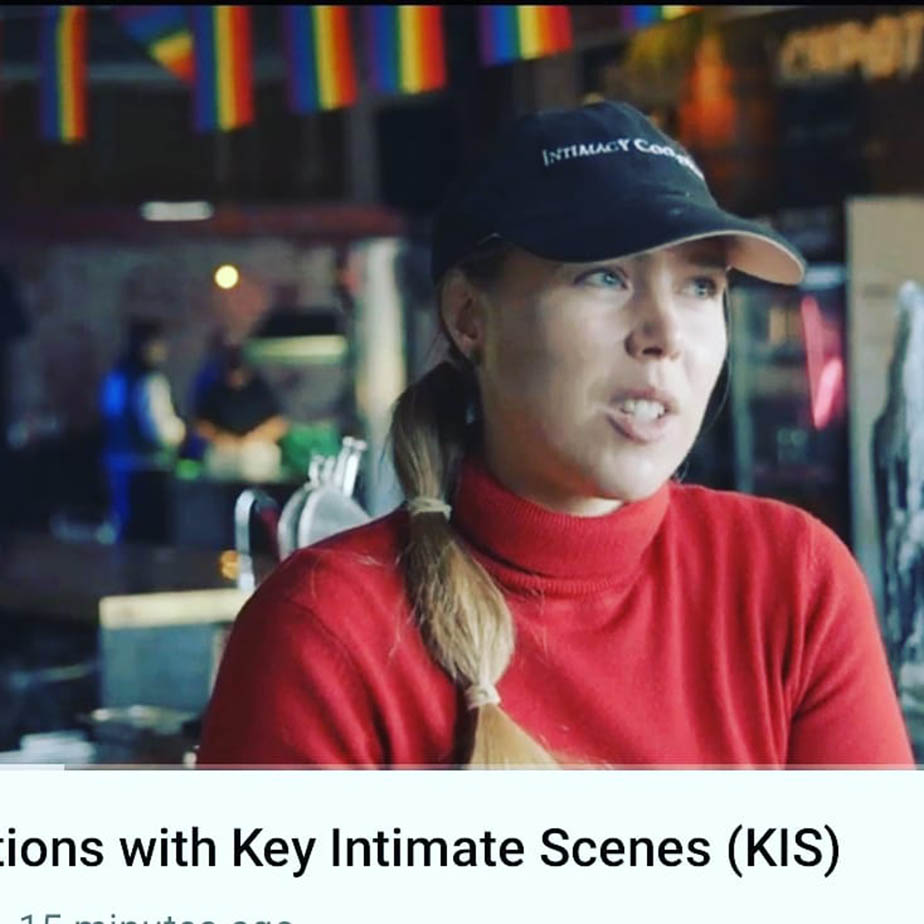
Tell us about your new business venture, and what you do, your approach.
Michela: Steph and I decided to join forces because we admired each other’s work. We were a natural fit as we were both mental health professionals, who also had a background in academic research and as trained, working actors. She’s just also a wonderful human being, and I appreciate her compassion as a fellow parent and actor welfare activist to no end! We kept reading about overseas intimacy coordinators in the Australian media, and both of us felt it was important to support our fellow Australians in this work, especially when they are of such high calibre!
Steph: Though different in personality, life stage, and cultural background, I think Michela and I share the belief that Australia should not be looking outward, but self-defining the role of an intimacy coordinator. We should look towards experts in Australia who have researched and developed welfare tools in performance here for years. As Australian ICs we believe we must, as a priority, address the individual cultural needs, systems, and power dynamics within our own country before adopting attitudes to intimacy coordination that do not fit our own industry systems – and also adapt and conduct IC education here accordingly. Australians need to look at their own knowledge base and voice for this role.
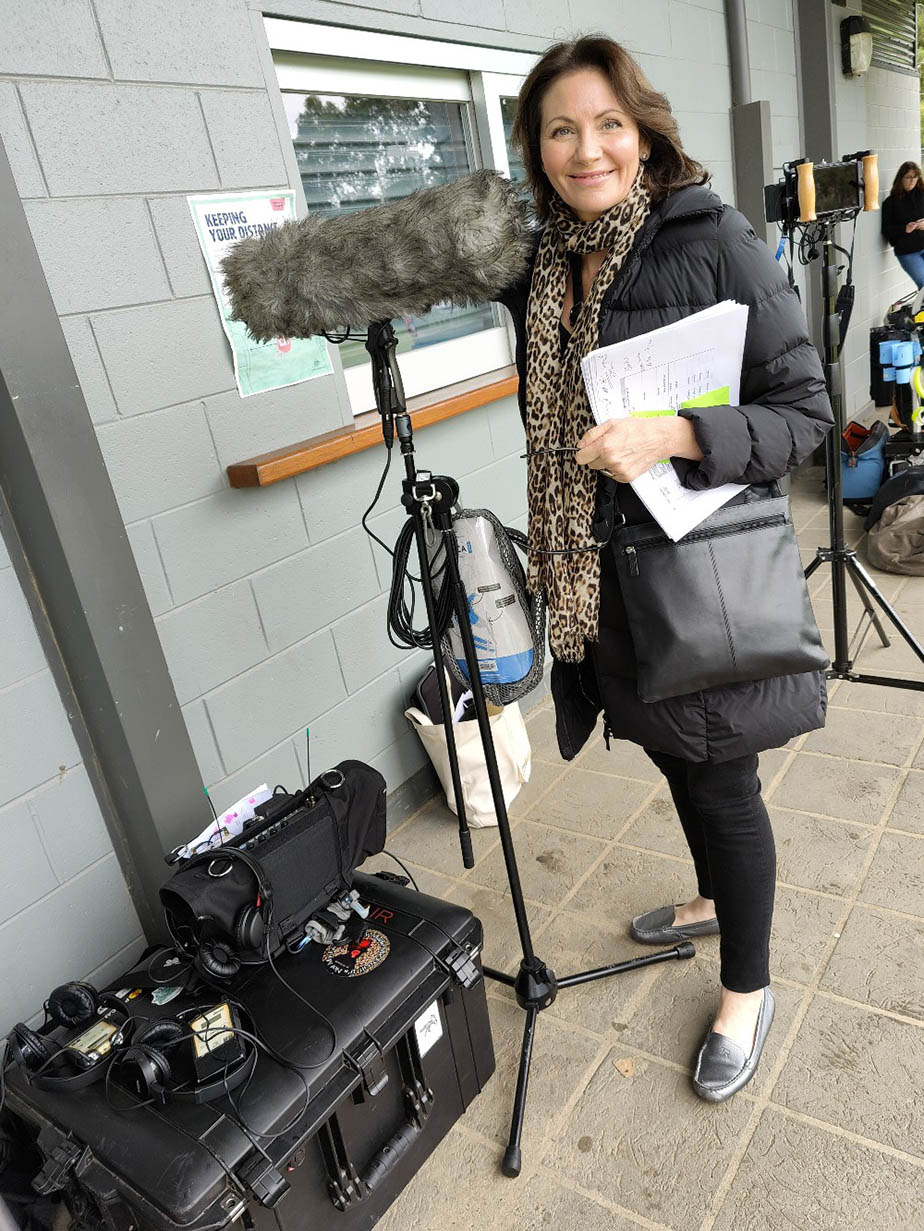
Who can become an intimacy coordinator (what qualifications do you need, and where can you get trained)?
Michela: As with any position, I think it’s worth looking at a person’s resume (what is their training, qualifications, and experience?), their work (do you like it?), and who they are as a whole person (are they the right fit for this production?). KIS has created the first Australia-specific training curriculum for intimacy coordinators, as well as the first training program based in Australia, full stop. Our curriculum has been endorsed by overseas leaders in the field, but most importantly, by local leaders across fields and ethnicities, including Australian First Nations elders. Outside of this, there are only overseas training programs.
Steph: Well I can’t comment on overseas training programs because I don’t personally recommend them – mainly due to the lack of research and mental health training of the people running them, their predominant focus on choreography which doesn’t equip anyone for factual unscripted content, and the fact their certs are not recognised by education providers. I’d rather see ICs in Australia train here, use pre-existing qualifications and learn under experienced Australian ICs. For a designated training course in IC, I do however recommend KIS as Michela’s qualifications and course provide comprehensive learning on welfare, and we are in discussion about how we can work together to expand training here in the future. I myself educate on intimacy with workshops to industry providers, educators, and individuals.
Is IC a new thing, what made it relevant?
Michela: To me, it’s kind of like asking if consent is a new thing. No, it’s not, but our understanding of it is continually changing. The industry’s understanding of the need for this role, like our understanding of consent, is tied to our understanding of power dynamics, which we often put in terms of gender and race issues. Post #metoo and #blacklivesmatter, it’s certainly the zeitgeist to consider the nuances of consent in our industry, so I think it does feel to a lot of people that this role has suddenly come out of those movements, but that’s not really the case. To quote Kaja Dunn, a contemporary for whom I hold the utmost respect: “As ICs, we stand on the shoulders of many.” In particular in marginalised communities, there has been recognition of the importance of consent and the importance of safety in our storytelling much earlier. We now have scientific research, from neuroscience and from psychology, which provides evidence for the fact that, when we pretend things, there can be real biological effects, which validates for Western culture the wisdom of our First Nations peoples, who incorporated ritual into storytelling, which we now recognize as an essential tool for minimizing secondary trauma. If you look at Dr. Barbara Ann Teer, who was starting to bring in this work in the 1960s in her writings on Black Theatre, and Tonia Sina, one of my mentors in the US, who wrote a thesis in 2006 and used this title that we use now, this ‘Intimacy Director’ or ‘Intimacy Coordinator’ title that has really caught on. At the same time as progress was being made there, Steph was building the concept of ‘on-set welfare’ in Australia, and Jennifer Ward-Leeland was developing ‘intimacy guidelines’ in New Zealand. In England, Ita O’Brien was developing the work through Laban and dance and choreography. So, you know, it hasn’t come out of just one country or one person and it hasn’t really been as recent as it seems. What I think is recent is the understanding and acceptance that the role is necessary, and that, like seatbelts, this will become a normalised feature of our safety repertoire.
Steph: Yes, the recent movements helped make the role essential, the exploration of the role of intimacy coordination was used within academic research and development by those like myself doing studies in performance welfare much earlier. I used to use the words ‘intimate performance welfare’ as I was referring to ‘actor welfare’. As is the case for years there have been many people all over the globe tediously researching performance methodologies and the neurology and psychology of acting and performer welfare, before those who defined themselves in the role. I know of several university fellows who were researching actor welfare, mental health, and performance care strategies when I did my own research. However, when an idea is placed within mainstream settings, that is when it gets exposure. It has also been when this role first was limited by definition.

What are your favourite and least favourite aspects of working in this industry?
Michela: Favourite – That magic that happens when a collaboration of artists creates something truly greater than the sum of their parts…and when that product is able to affect or validate the thinking and being of others because that story was told.
Least Favourite: Artists as a whole are so undervalued in our culture. They give such invaluable gifts, and at great sacrifice. Even within the industry, there is still this sense of hierarchy, fiercely protected by gatekeeper after gatekeeper. I think historically creatives have had to wield power and sacrifice mental health in order to be treated with respect. I sincerely hope intimacy coordination will support changing this aspect of the culture.
Steph: Favourite – Well I love acting with a passion so I feel an instant kinship and protection towards actors. I could work 7 days a week doing what I do to create better support systems for actors than the zero support system on offer at the time I was an actor. You had to look after yourself in performance settings and there were stories we all shared as actors that only made me more determined to pursue this work. Actors to me as storytellers are untapped treasures.
Least Favourite: Industry people who don’t support others. I think that falls into a number of categories including unfriendly competitive behaviours. I think if you have a dream and really believe in something, go for it and only listen to your own voice.
What are some of the most challenging aspects of being an IC?
Michela: At the moment, I think many people are still confused about what we do and don’t do, particularly if they have never worked with an IC. I get a lot of “Michela’s here – does anyone need help with their sex life?” jokes or scoffing, “How exactly did you get this job?”. The other major challenge is self-care; it’s a role that requires an immense amount of bravery, and among powerful players.
Steph: I think for me right now it’s working with Australian directors or producers who have read an article by the UK or US IC gatekeeper who has scared them off using an IC! I’ve been pretty lucky most of the time, but I always make a point of explaining how I work and my understanding of the needs of both actors and directors. We think differently in this country and I understand the concerns of directors enough to navigate my positioning in the process.
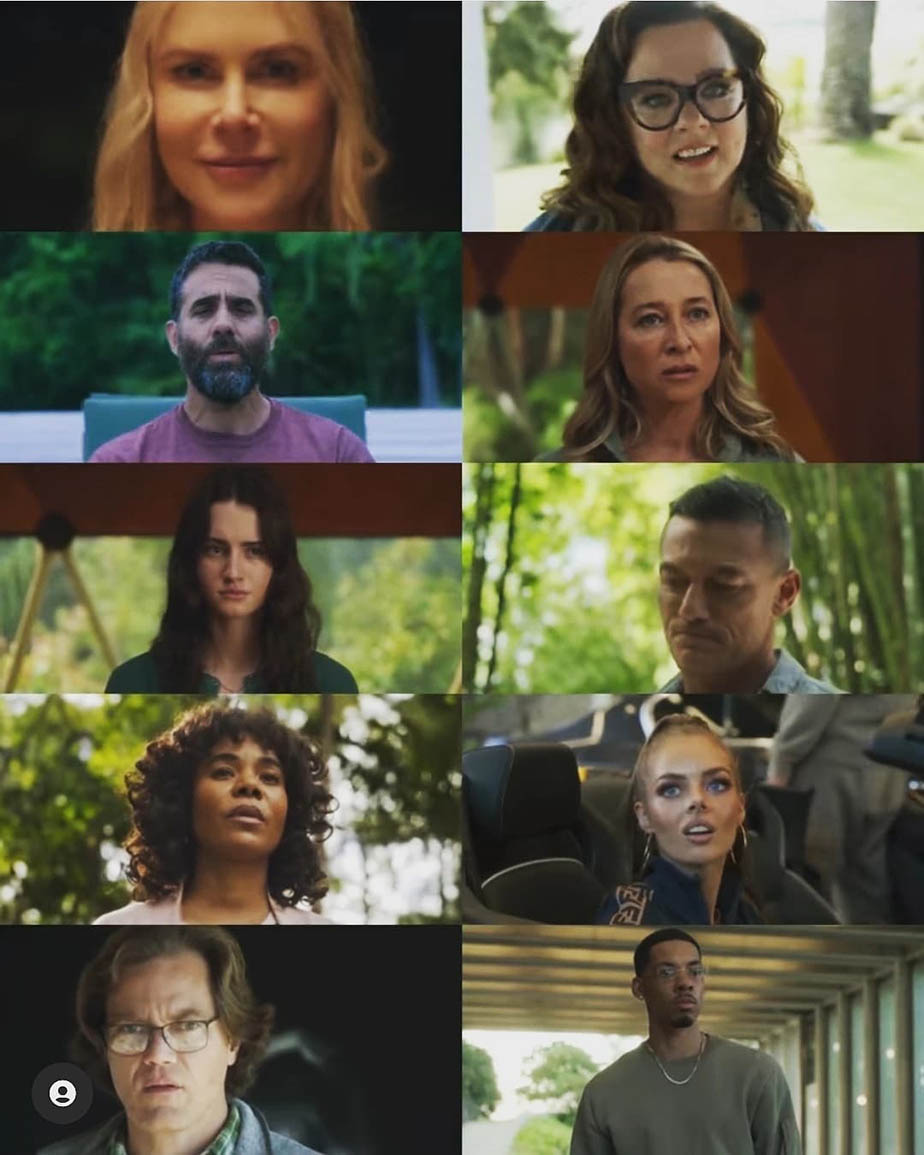
What are some of the films, actors, and directors that you worked on as an IC?
Michela: People always want to hear about the names they know – so yes, I was the intimacy coordinator on Nine Perfect Strangers with Nicole Kidman, Tiffany Boone, Samara Weaving, Manny Jacinto, and Melvin Gregg, and on Blaze, with Yael Stone, Josh Lawson and Simon Baker, but I also love the queer stage piece I IC’d called Set Piece, and This River, the little short that could, which ended up winning Naomi Fryer ‘Best Director’ at Flickerfest. Different kinds of productions with differing scopes and budgets really have different intimacy coordination needs, so it keeps me on my toes!
Steph: Ha! I naturally err on naming names but I’m currently attached to 5 Bedrooms TV series for Channel 10/ Paramount + and just finished on the feature Petrol for Robert Connolly’s company Arenamedia, also an independent film Prawn for new director Ella Carey. I’m due to start on Secret Dresses (lockdowns willing!) and I’m also an educator at JMC Academy Film School and The National Theatre Drama School in performance welfare. It’s been a busy year. I think to bring the industry up to speed with overall performance welfare we need to educate from the top down and bottom up right across industry platforms.
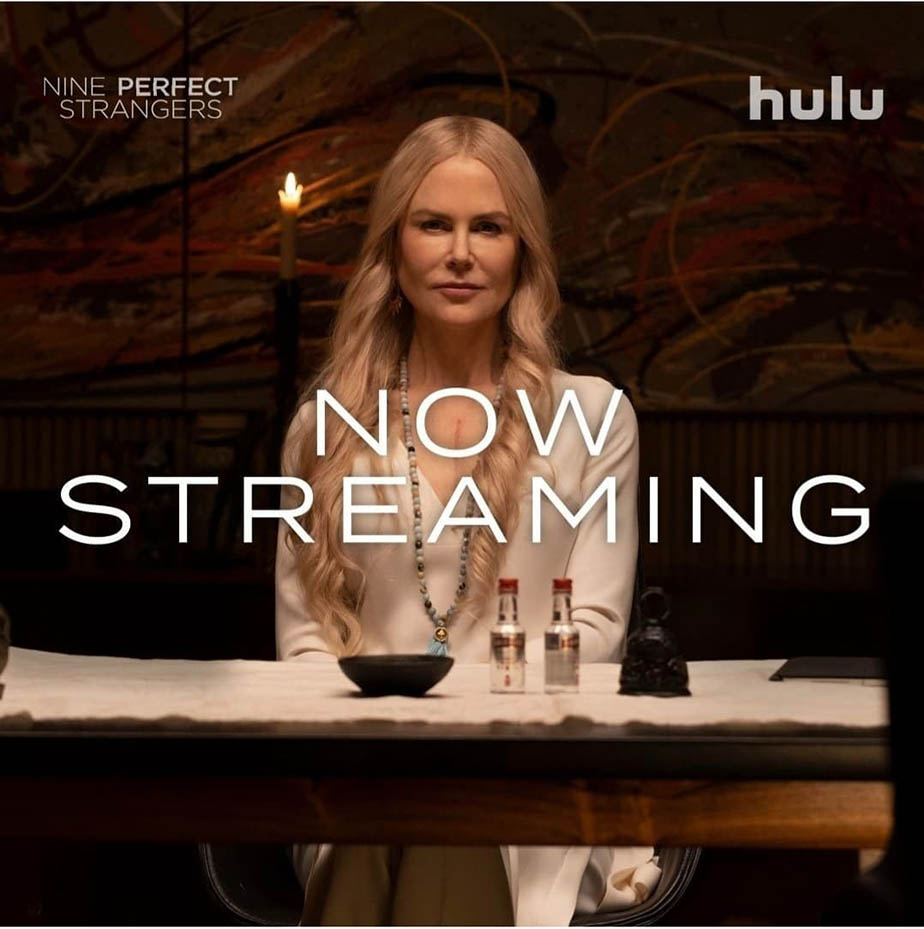
Were there any important/memorable moments on set when you felt you made a difference?
Michela: Well, yes, lots. I know just having an IC on set puts people on their best behaviour. For some actors, you can see the relief in their faces and bodies that someone cares about their Consent (with a capital “C”), and they get excited about using intimate scenes to reveal characterisation and story. Actors say things to me like “I’ve never met anyone who talks like you” or “who really listens like you.” And producers are like “this is so great – we avoid tonnes of expensive, time-consuming, awkward negotiations with lawyers and agents, cause you’re there to sort the wording for nudity and simulated sex clauses.” But maybe my proudest moment was in the closing interview for this incredible young woman I worked with on a feature, who said, “Because of you, I will never agree to do something that makes me feel unsafe and I don’t want to do. I look at scripts now sometimes, and just go, ‘no, that’s not for me.’” She’s fourteen! I just thought, wow, how I wish I started my career with that sense of self-knowledge and empowerment.
Steph: Oh yes, on every job. Especially with young actors, you know you have increased their comfort level and their access to joy and play within rehearsals. I think the role really is key in enabling actors to give their best performances in those scenes. I had two young actors aged 16 and 18 doing a simulated sexual act, which is very young. I really am conscious about knowing this cohort’s boundaries and needs at an age when they may not be able to articulate them. When they automatically say yes to anything I continue the conversation past that automatic yes. I also had a middle-aged actor with previous bad experiences with intimate scenes, and we worked on re-framing her narrative away from placing herself to the character, the character’s individual nature, and experience of sexuality…when we did that, it was like a switch went off and she bloomed, it wasn’t about her personal experience of sex, she then had a lot of fun with her character’s performance in the scenes. This is one of the reasons I am so grateful I have that behavioural training as a backstop, because I know a simple question or way of phrasing from counselling experience that can switch things 180 degrees for an actor. I love seeing a nervous actor on Day One become the most confident actor on set after working with me. I often roll up and go, is this the same actor? It’s fantastic! When you show up for someone’s vulnerabilities and provide that support for performers- and the production is there for them by employing you – my gosh, actors bloom!
